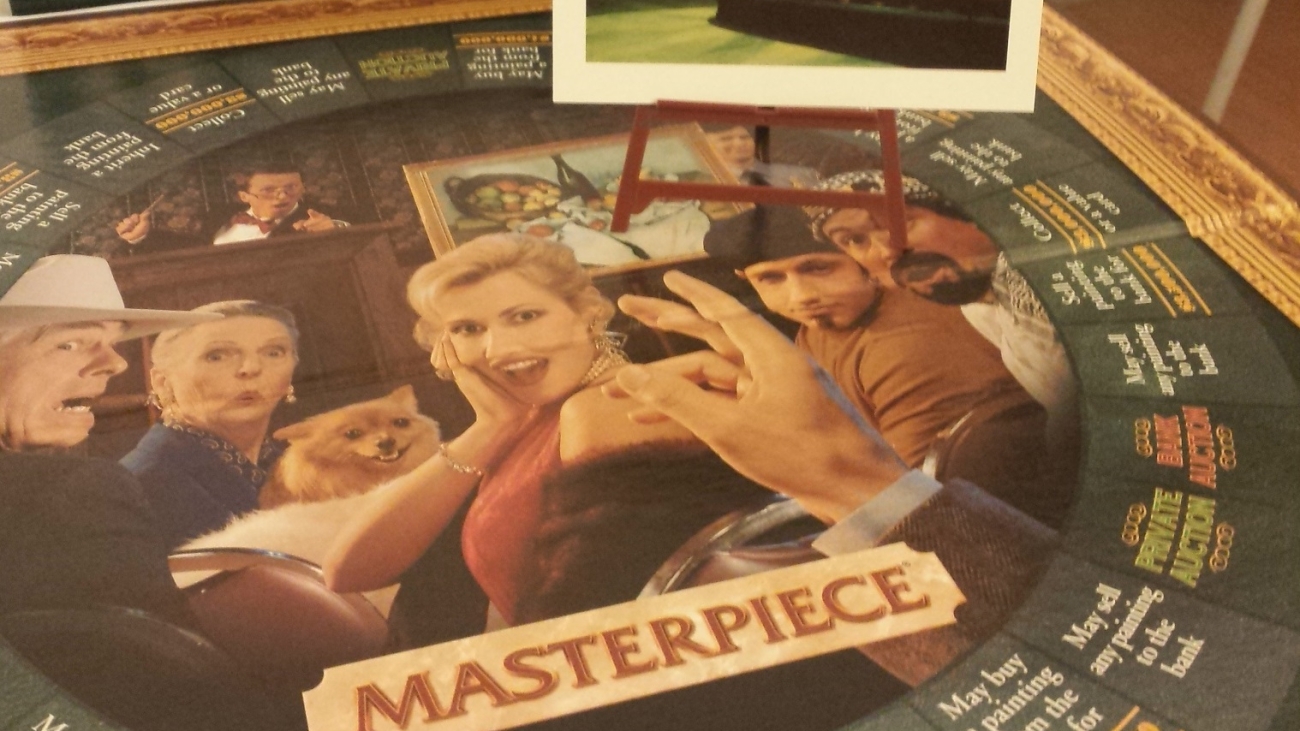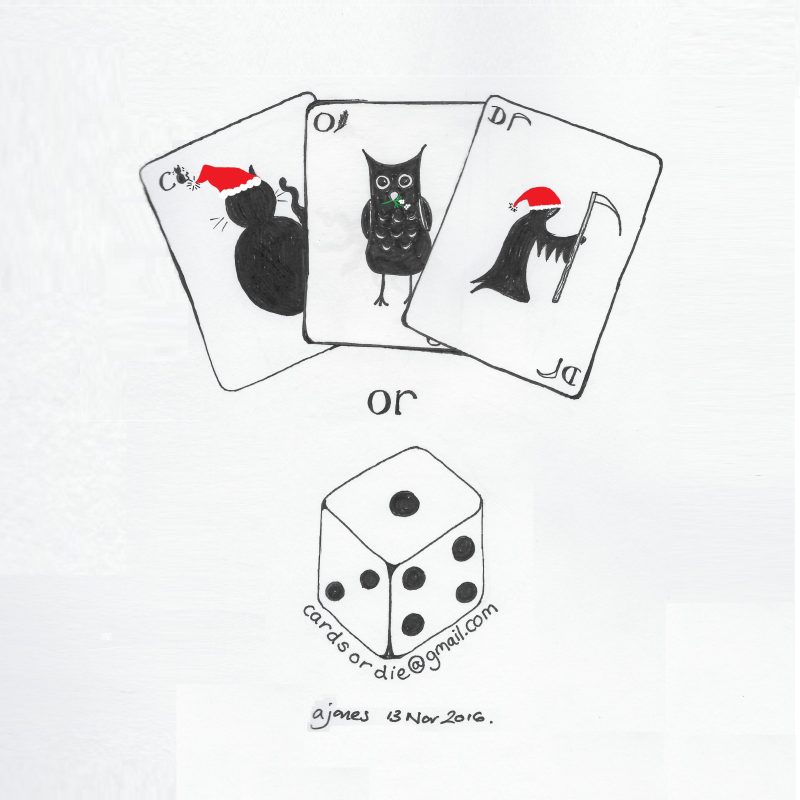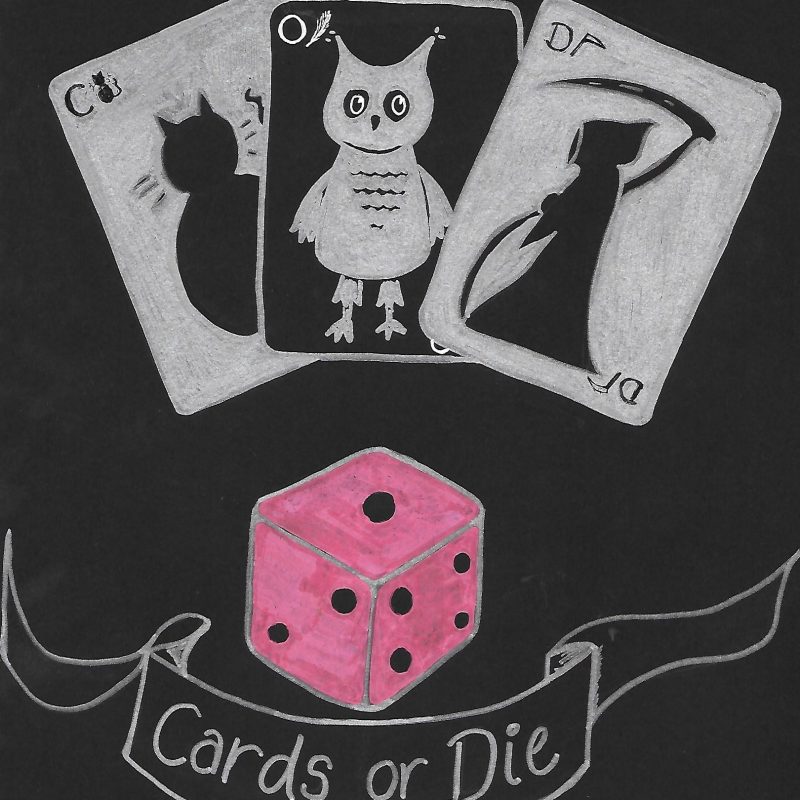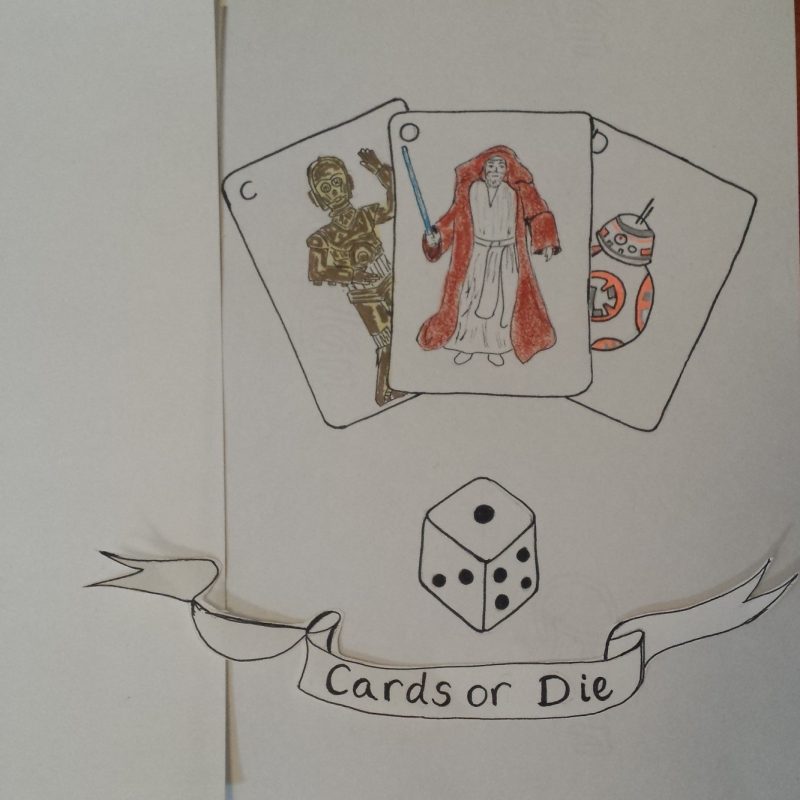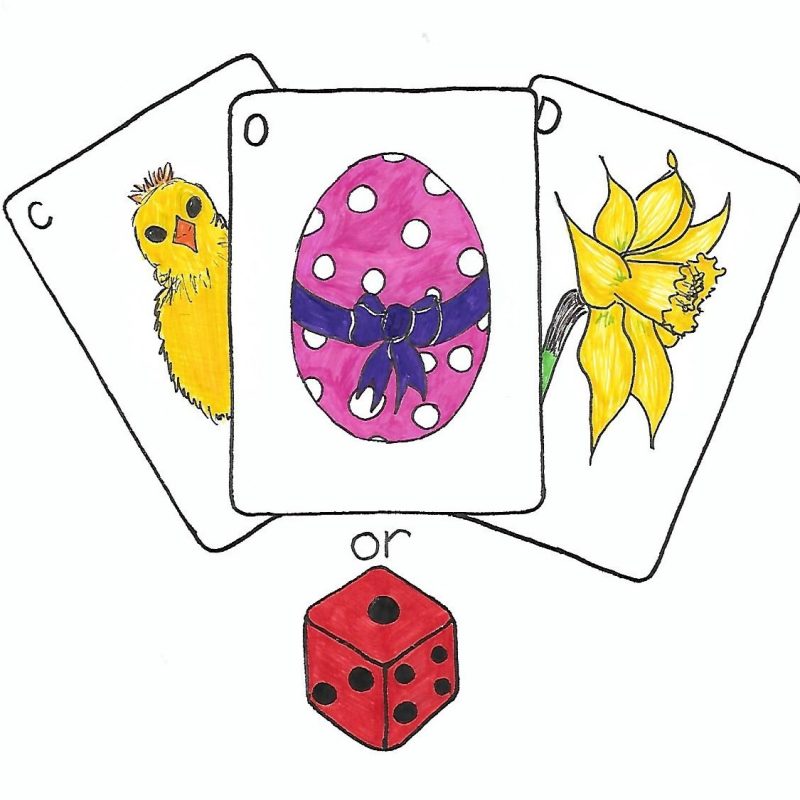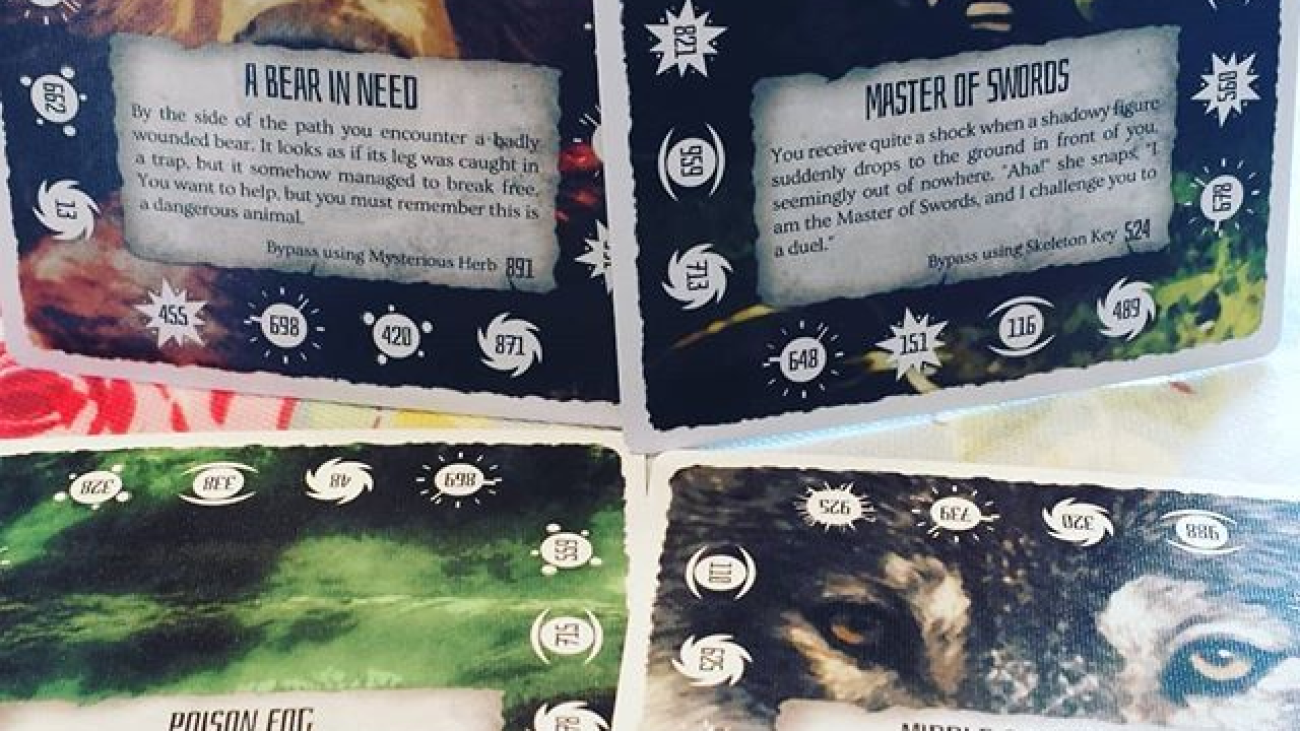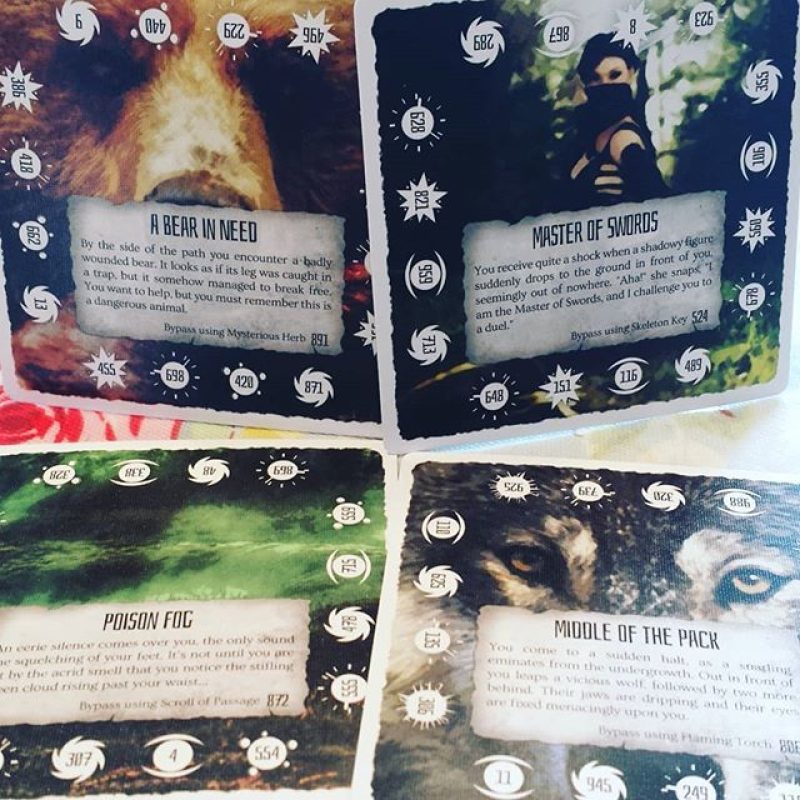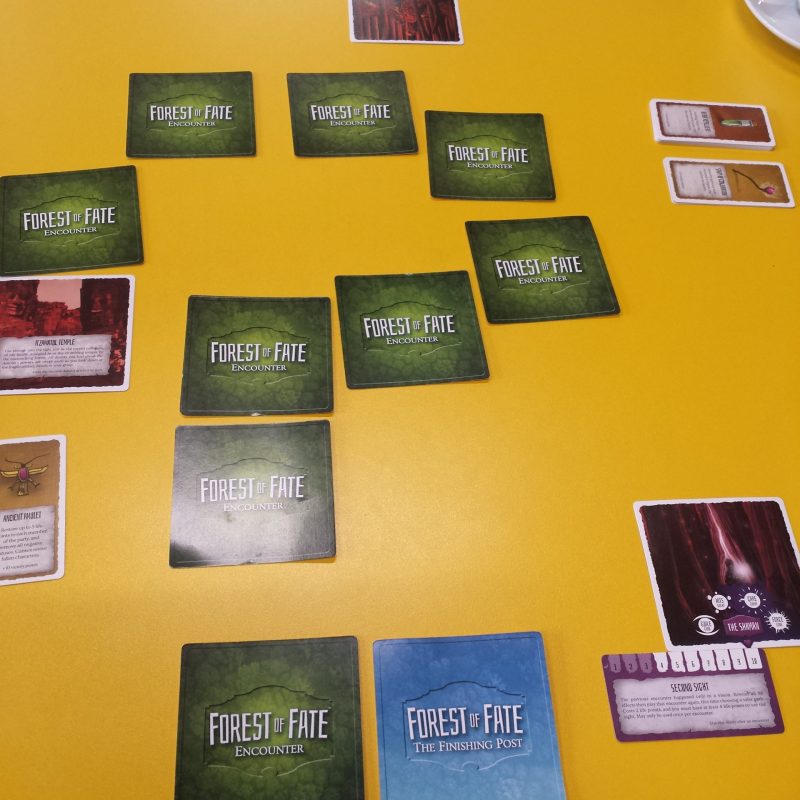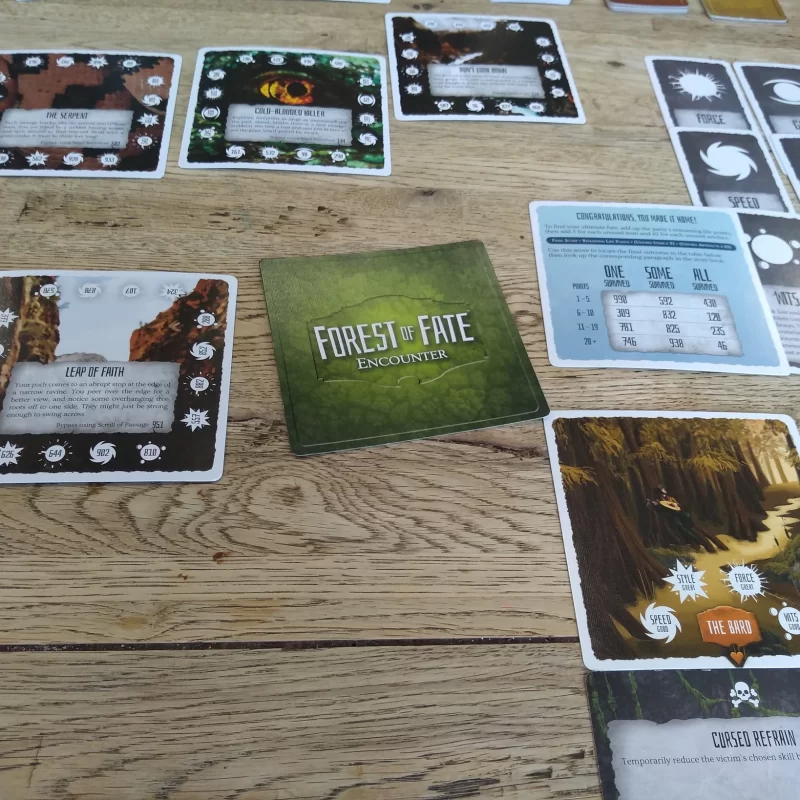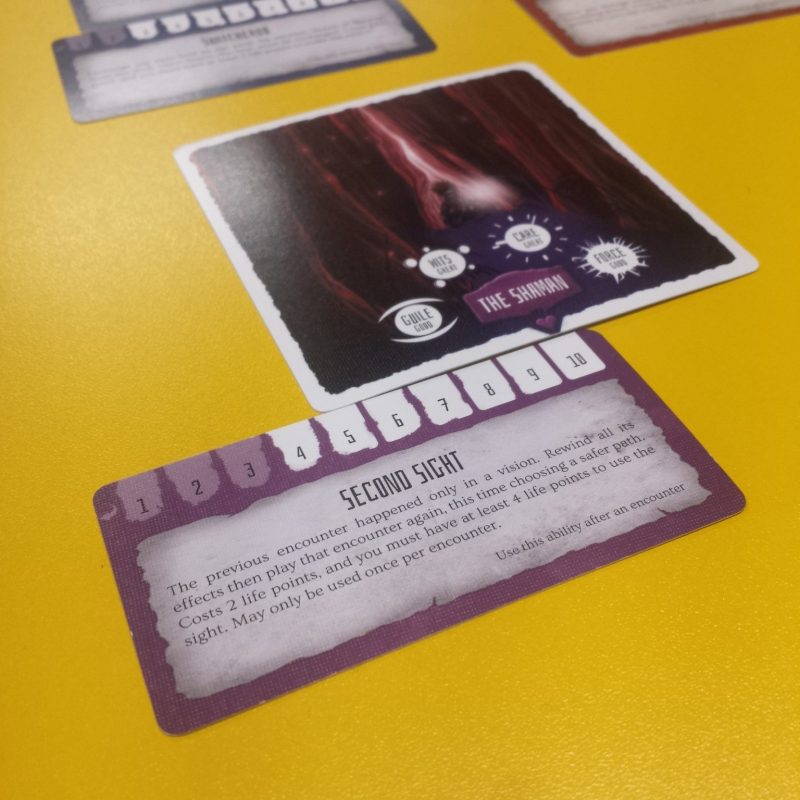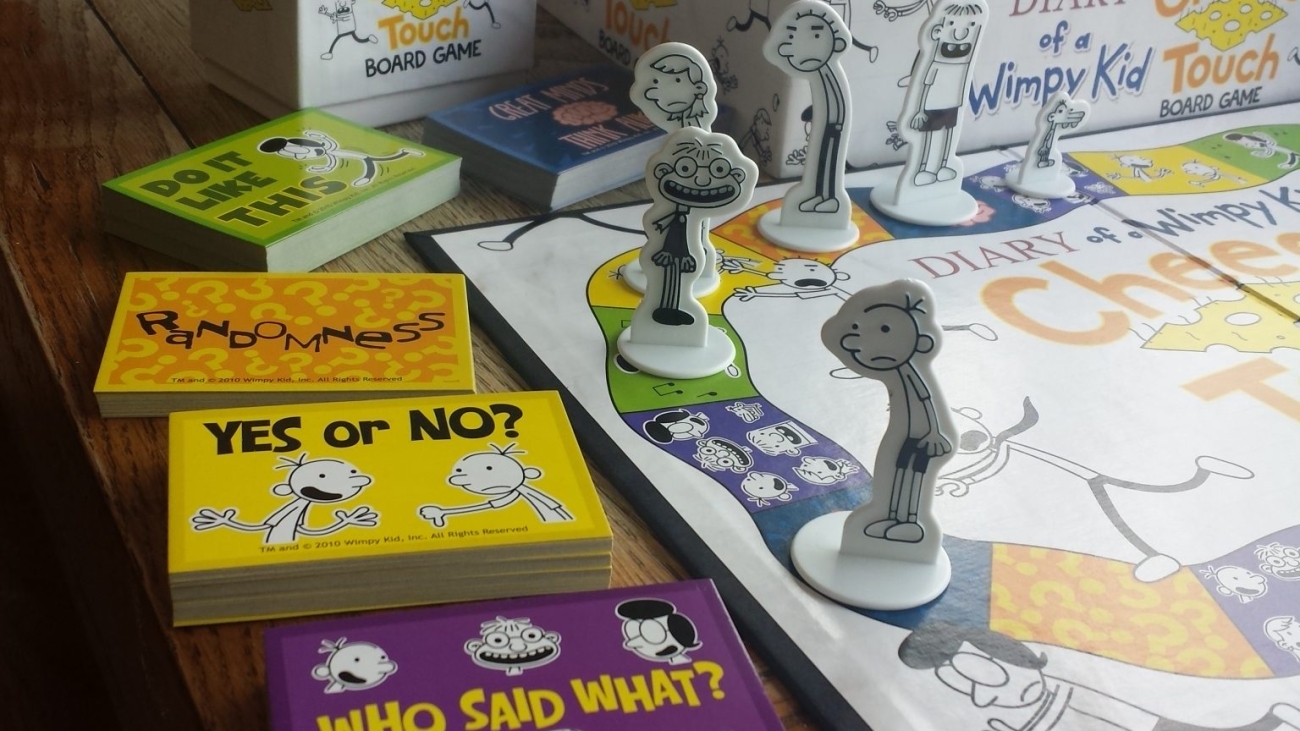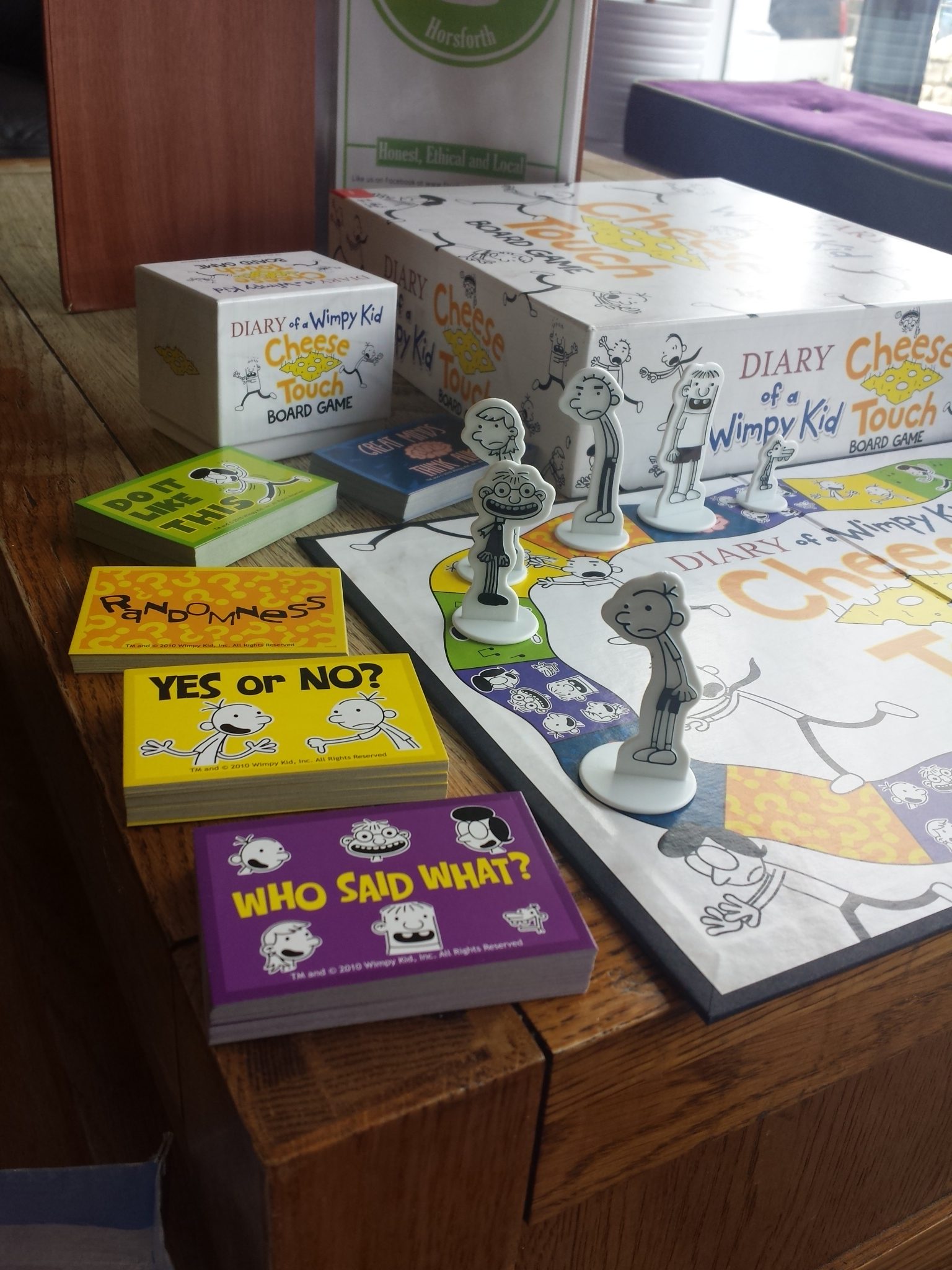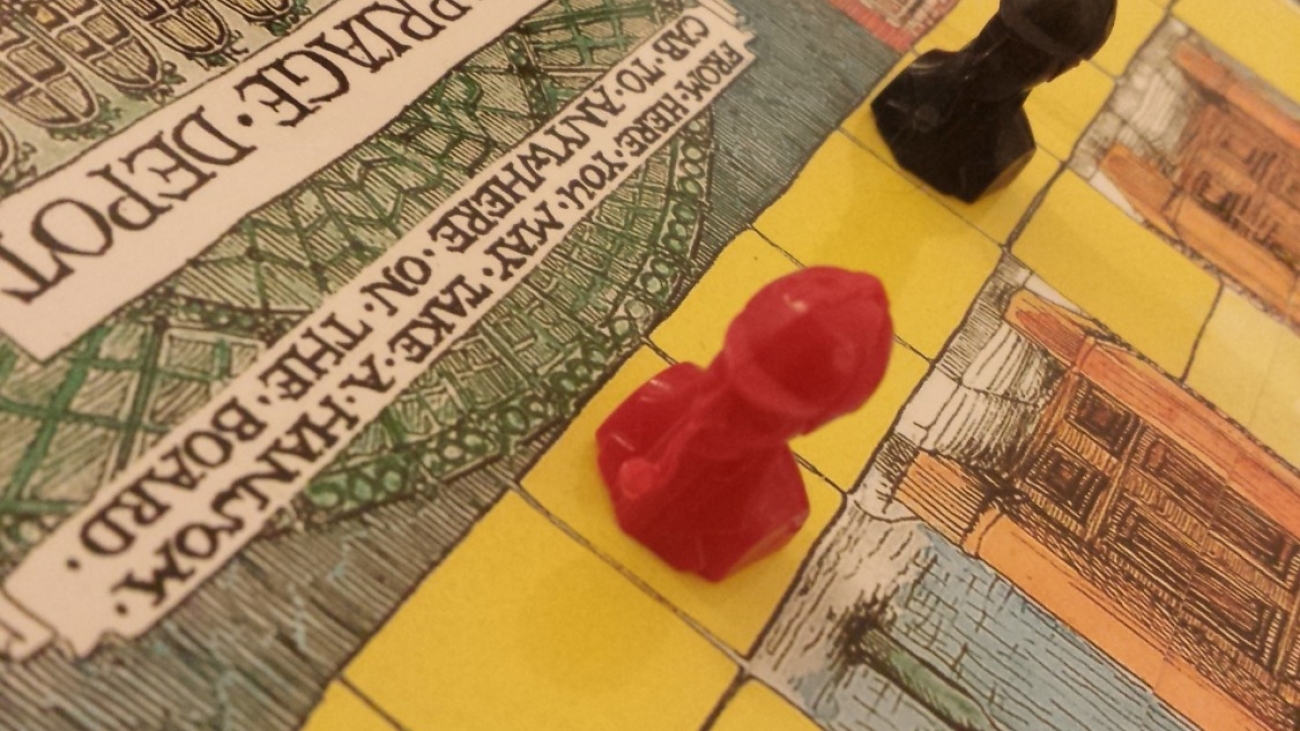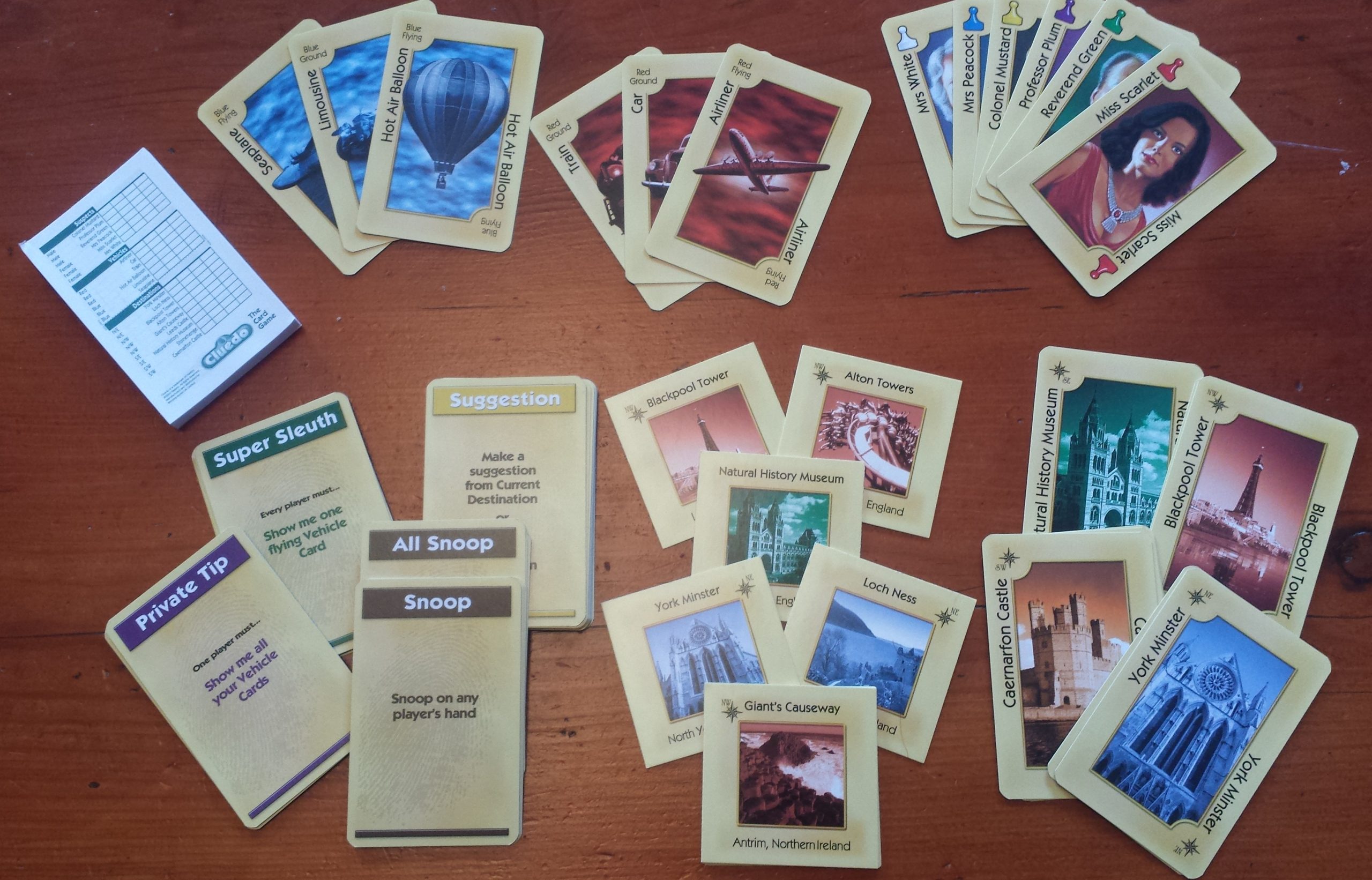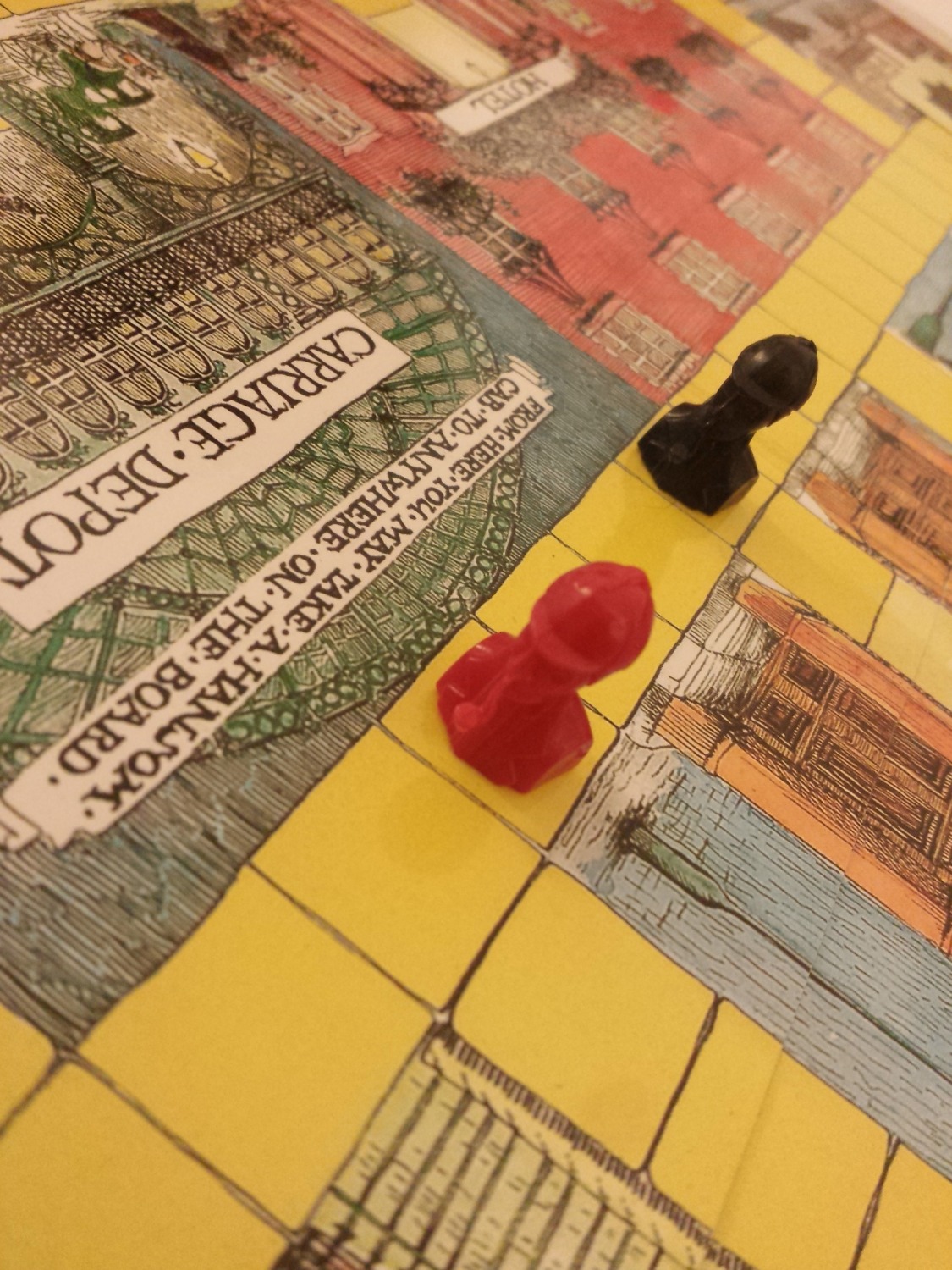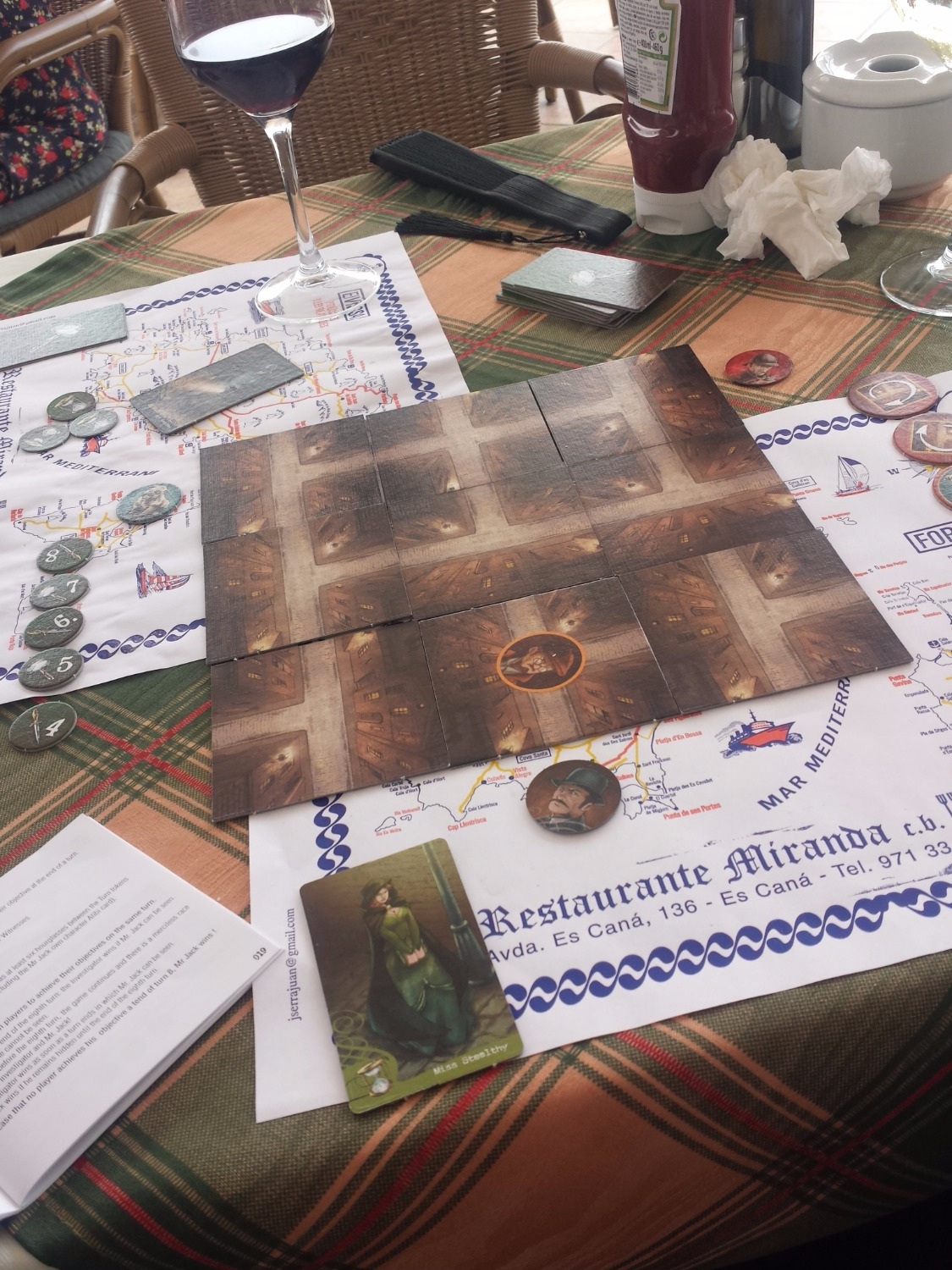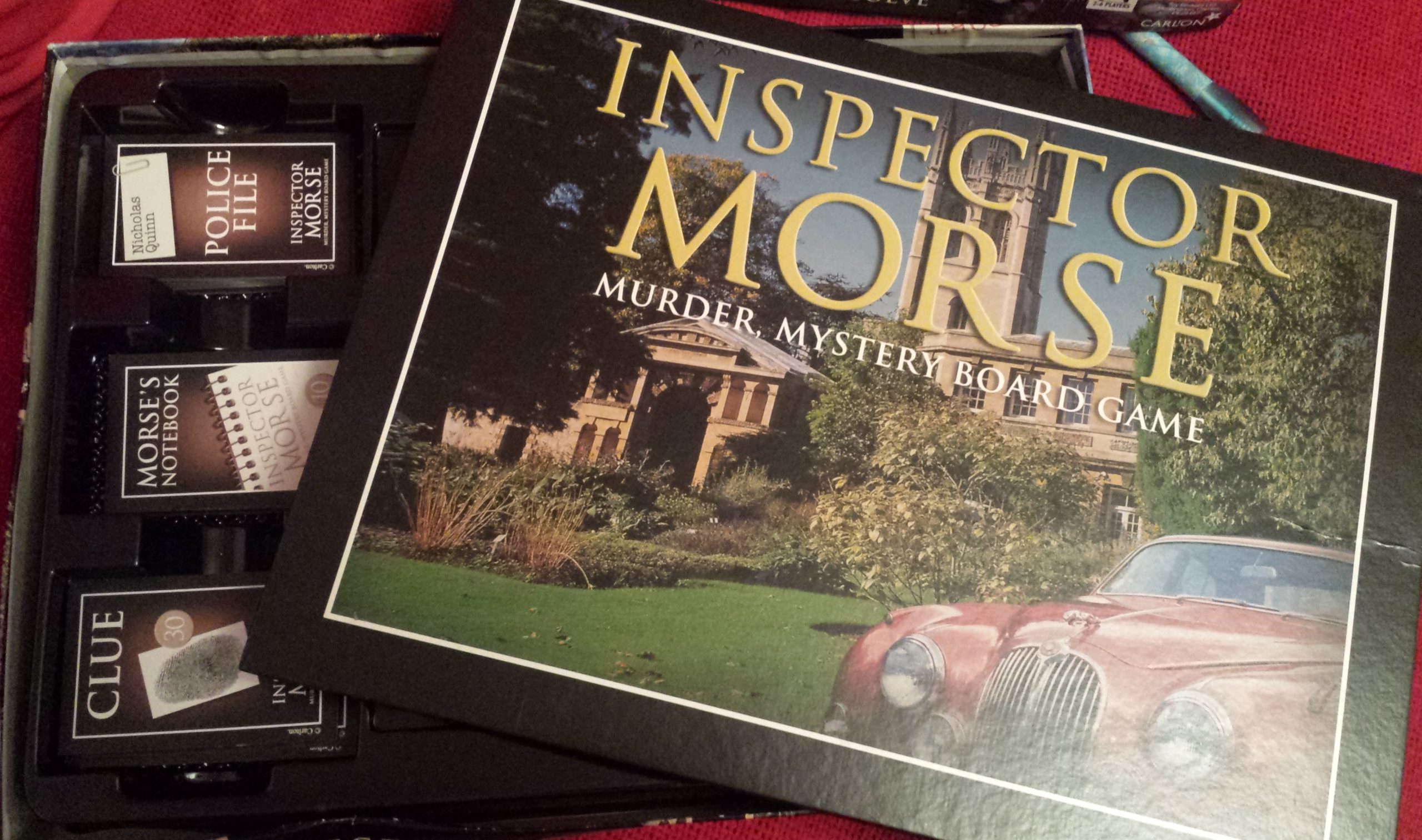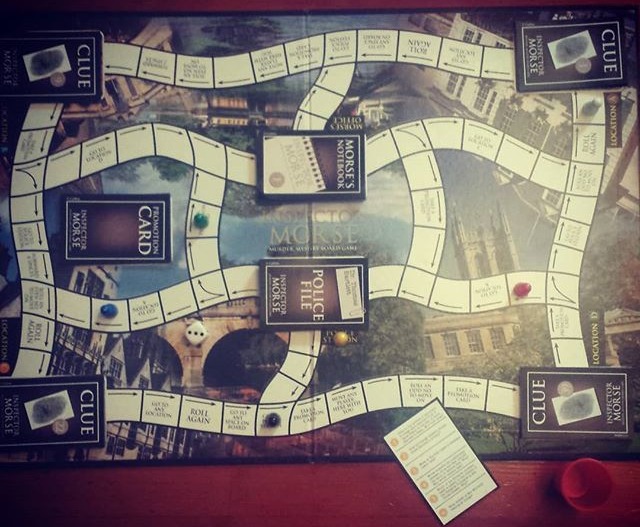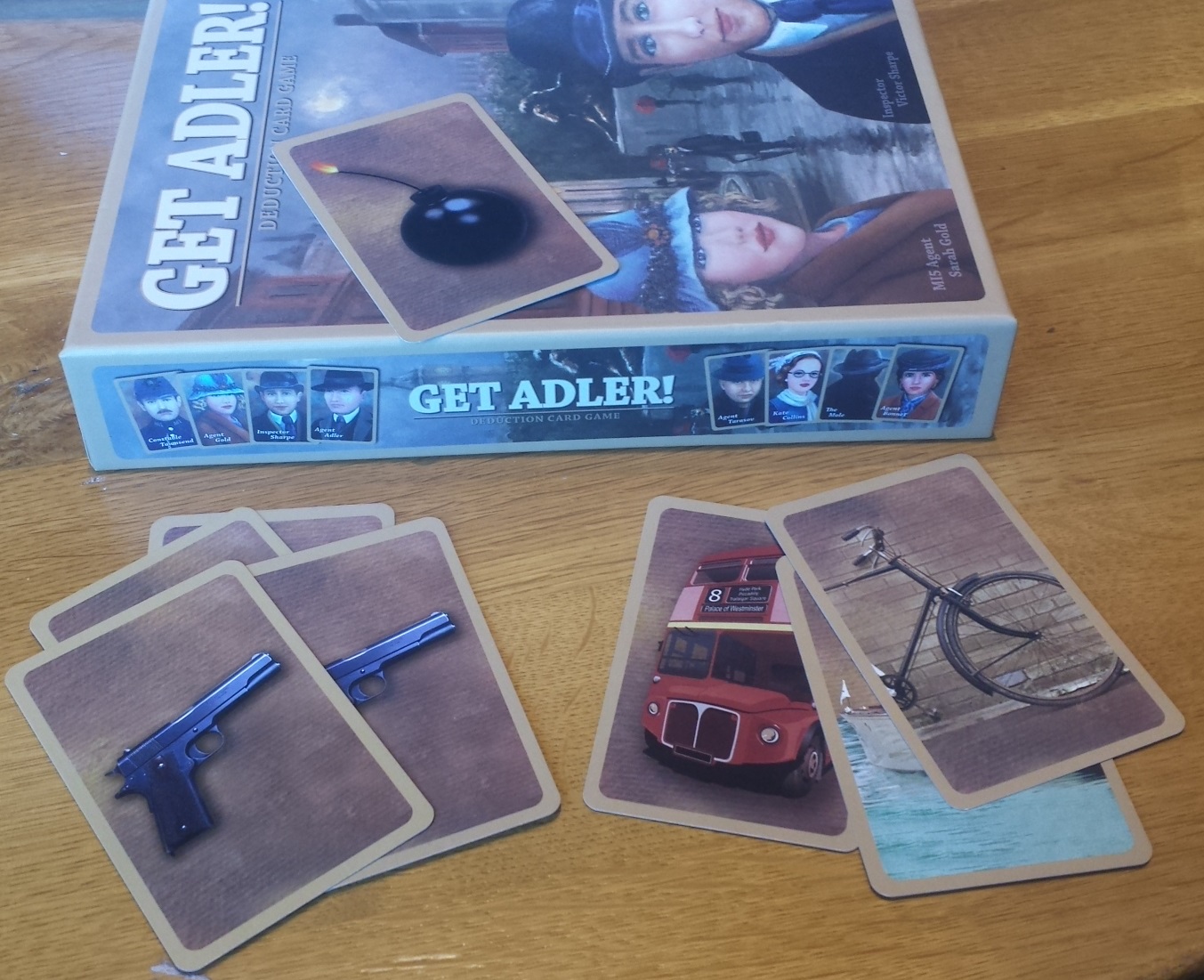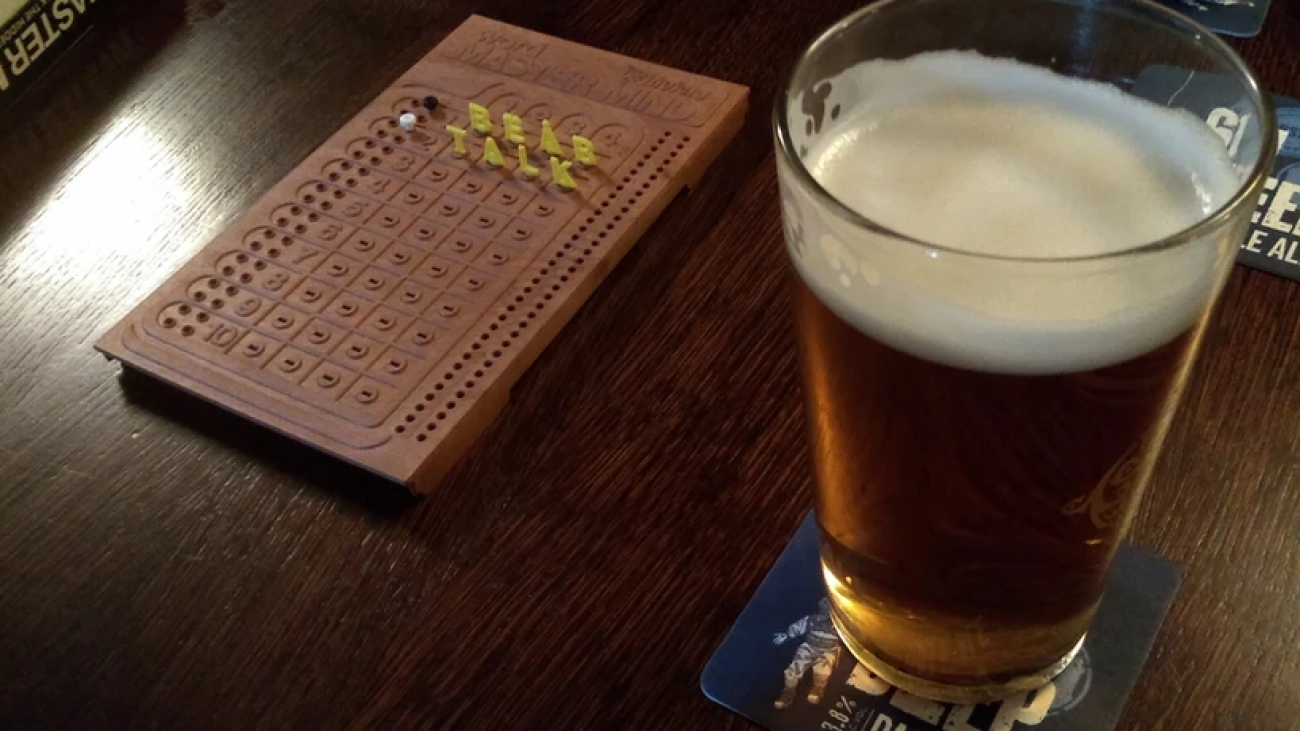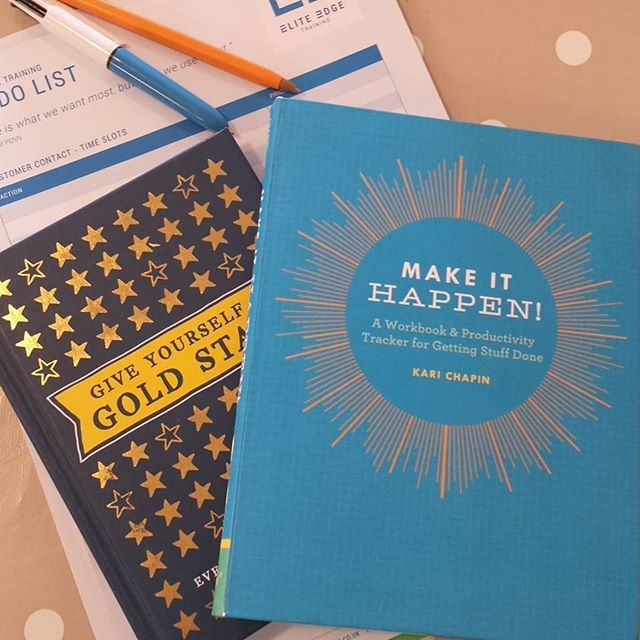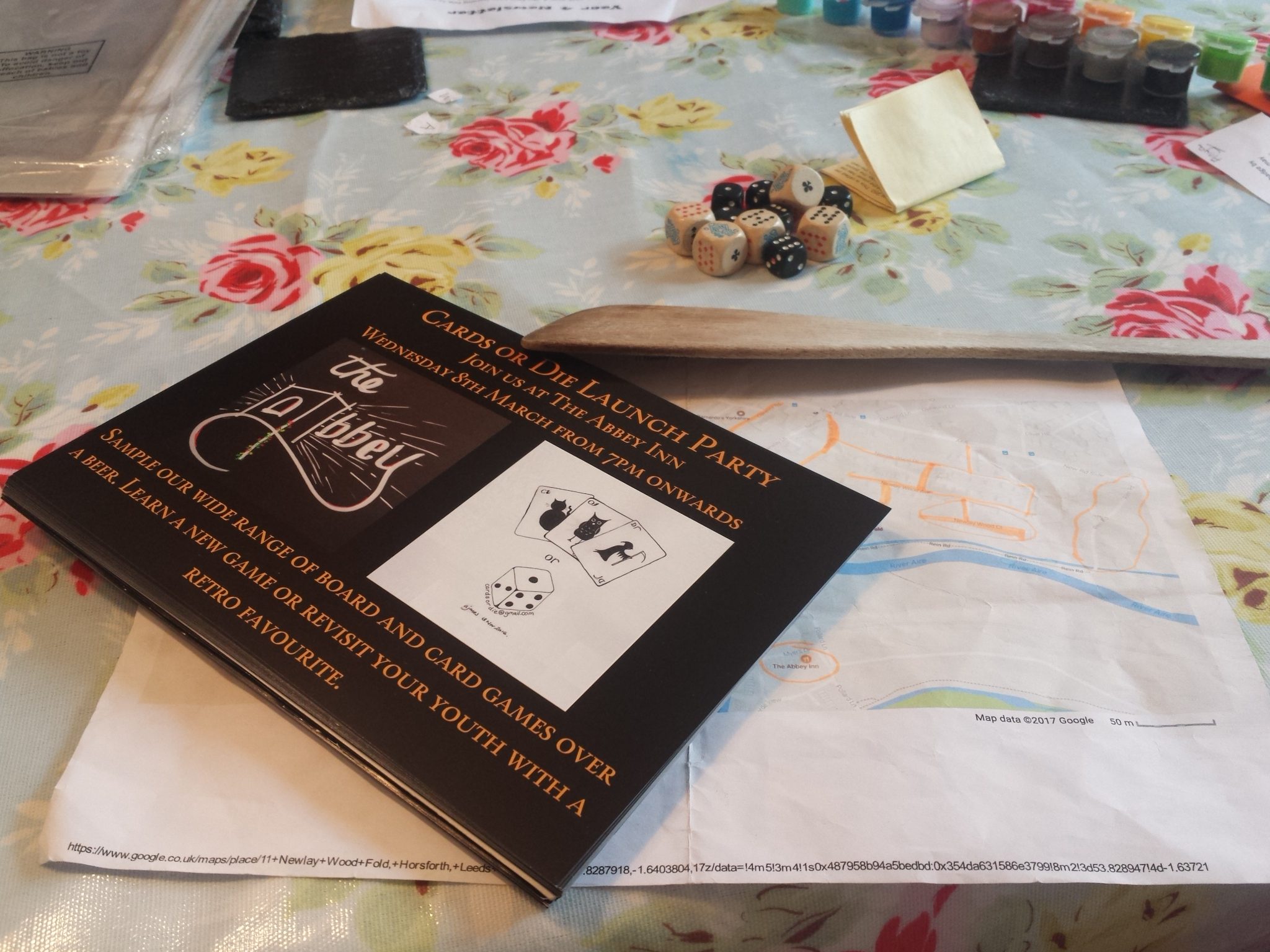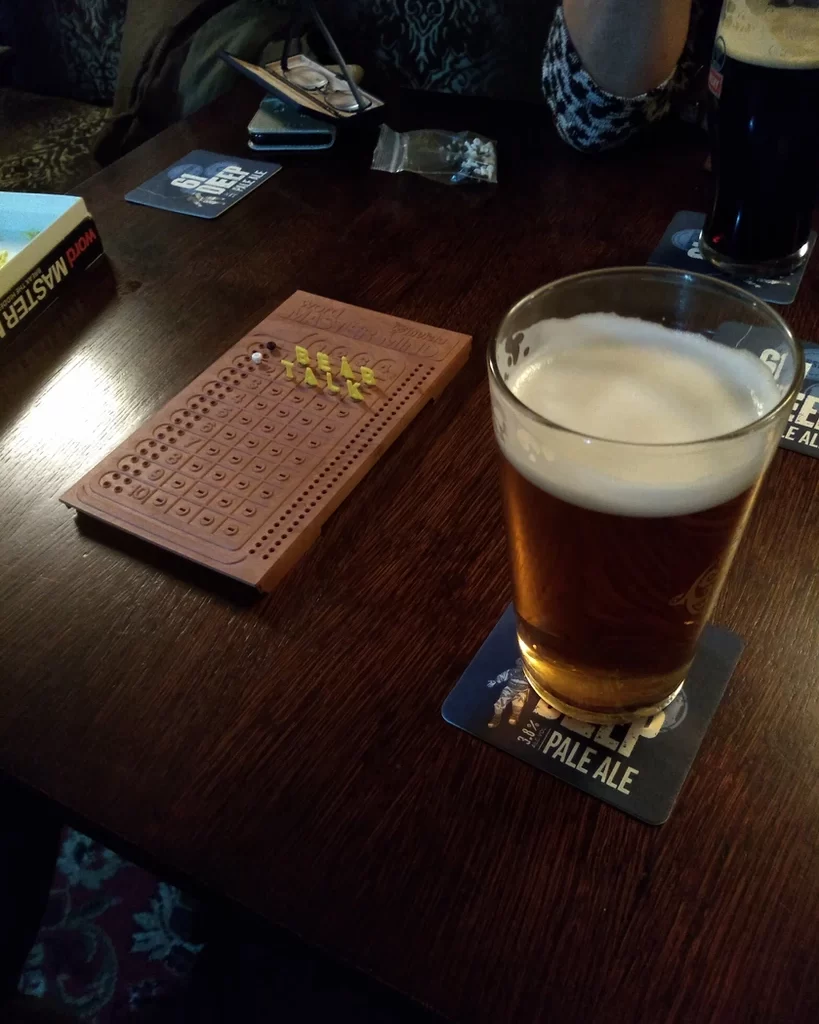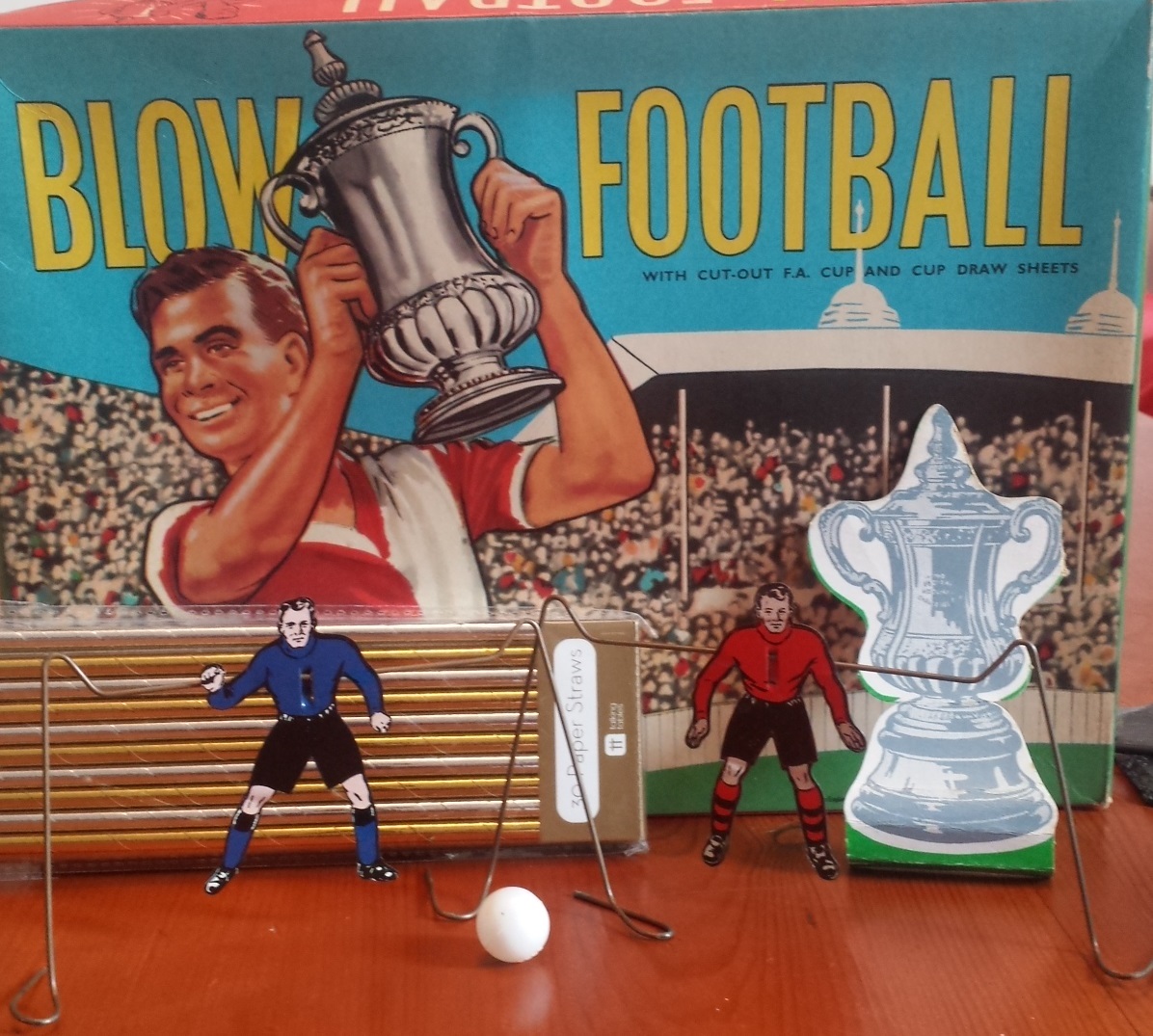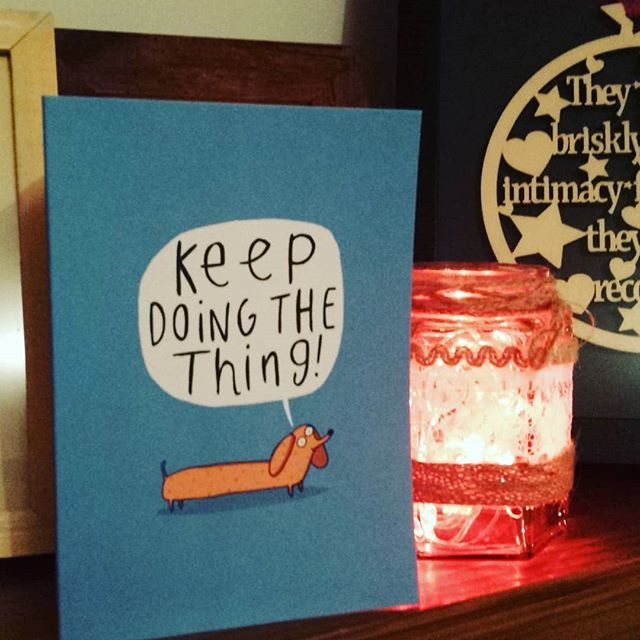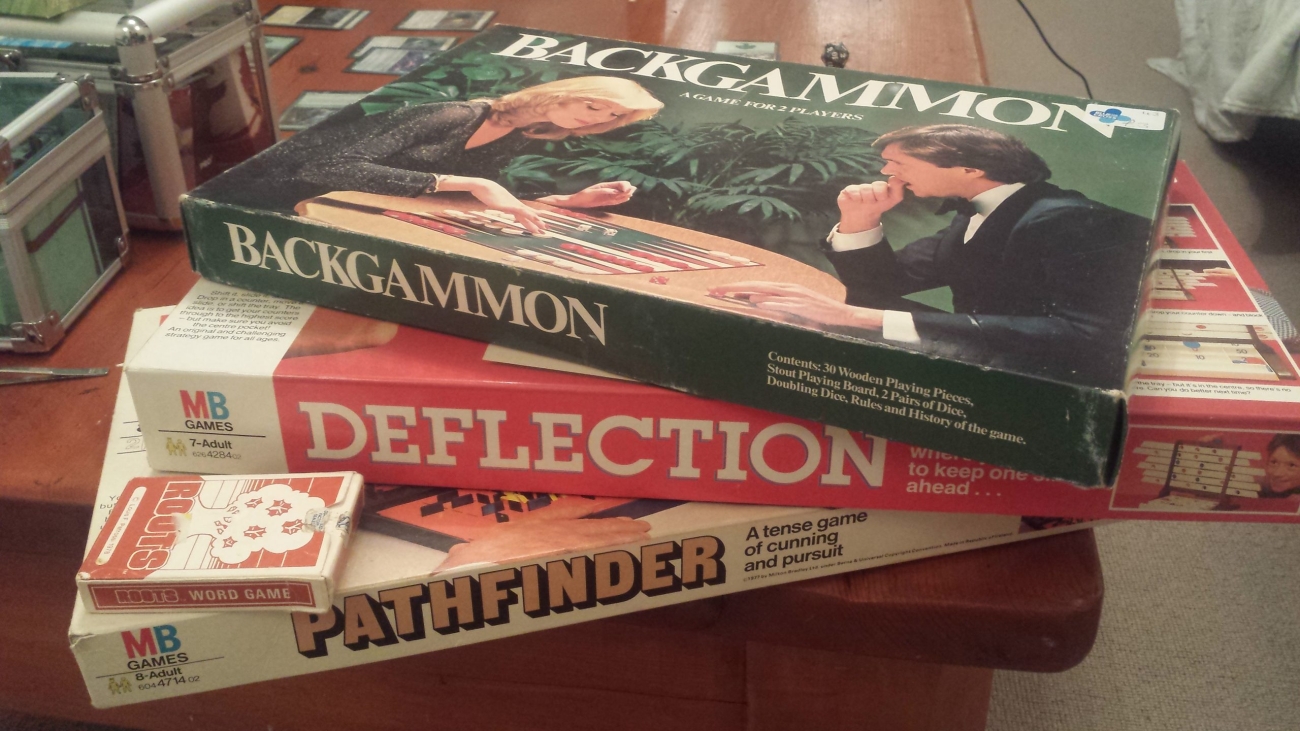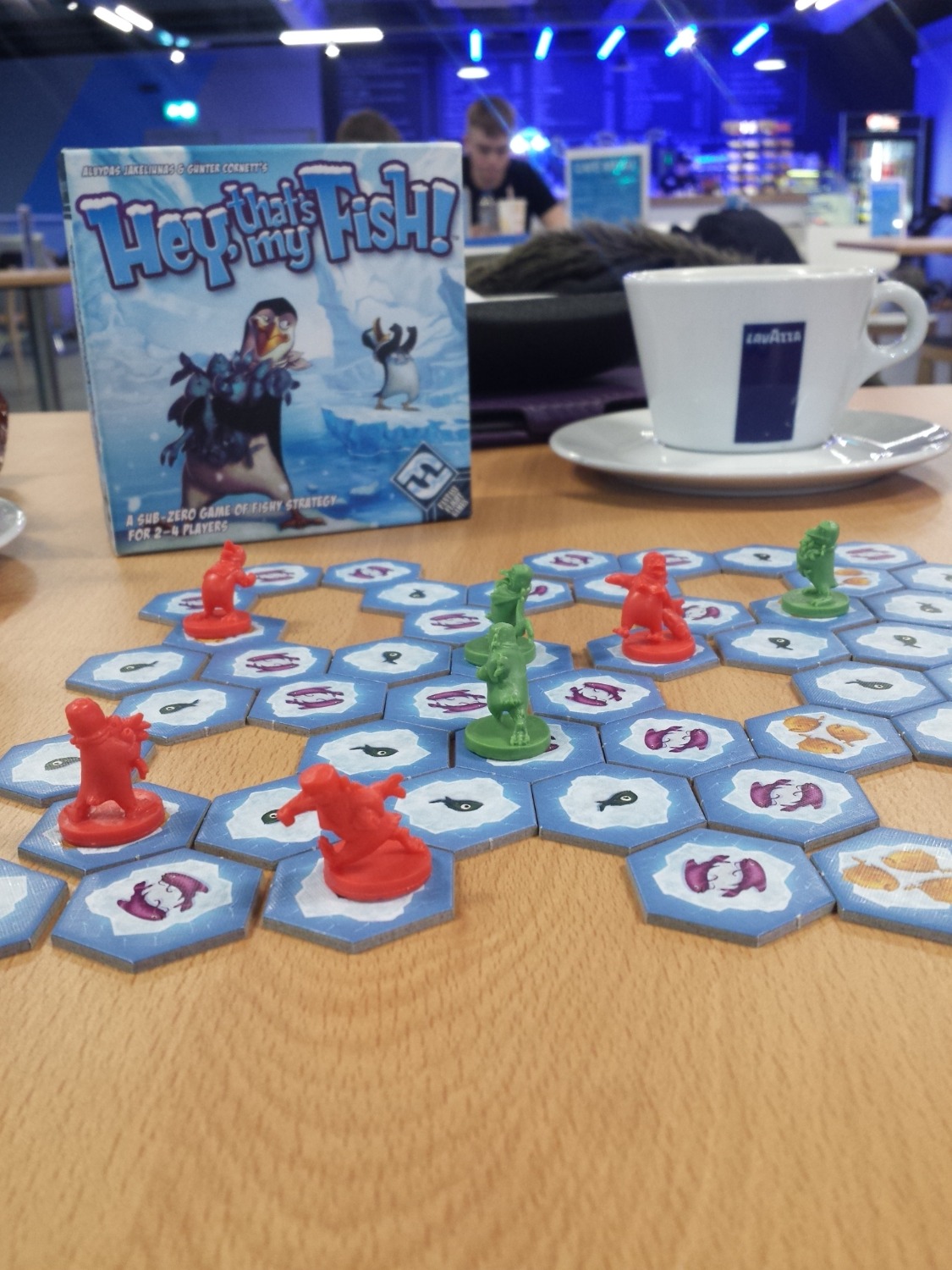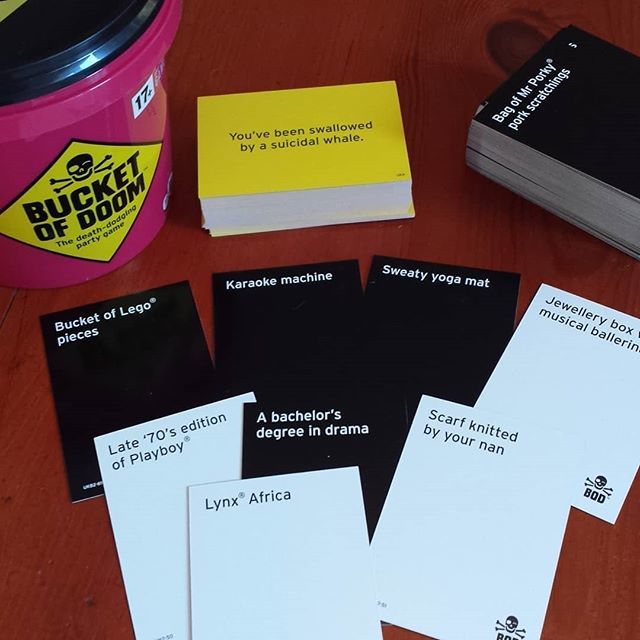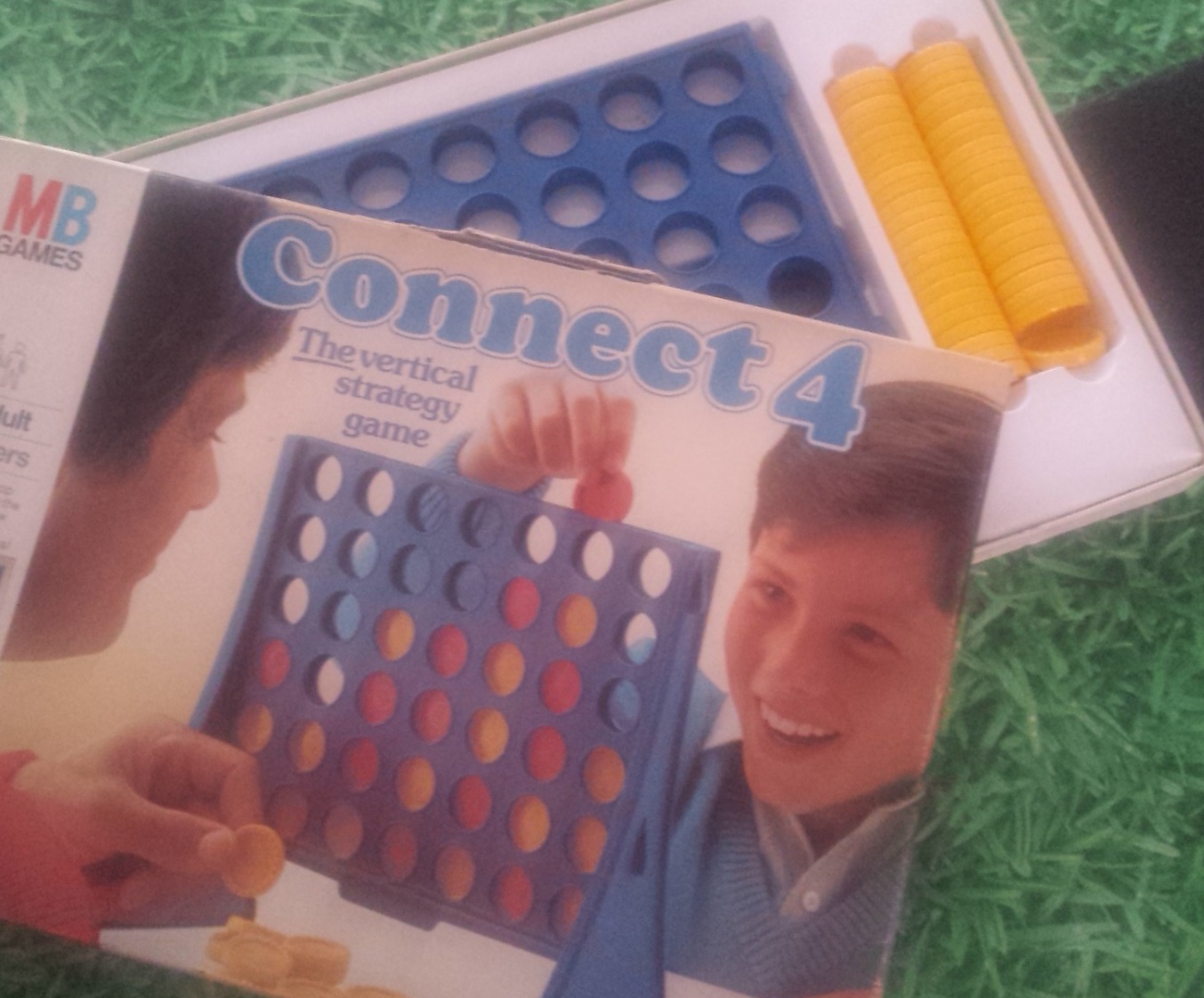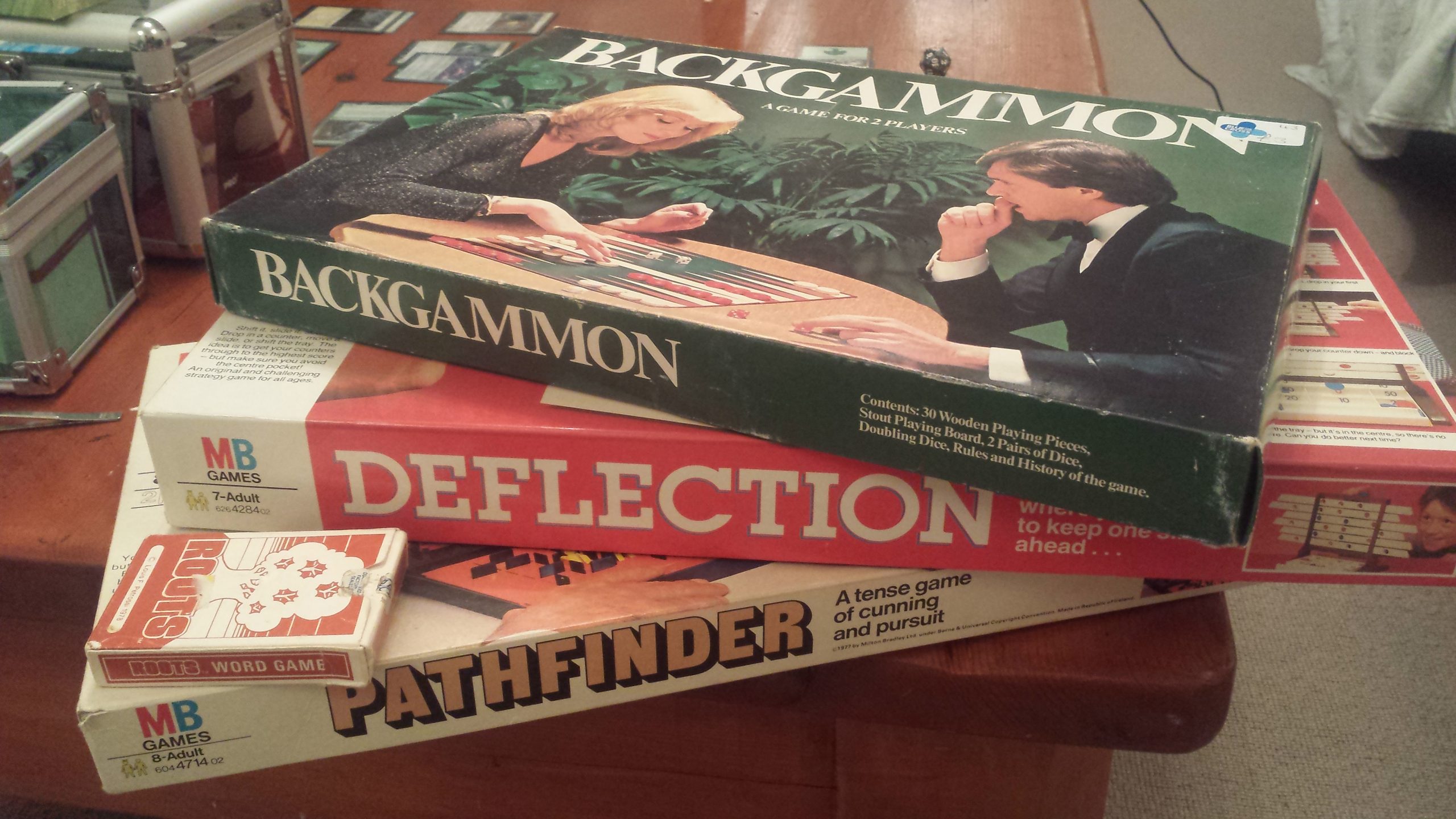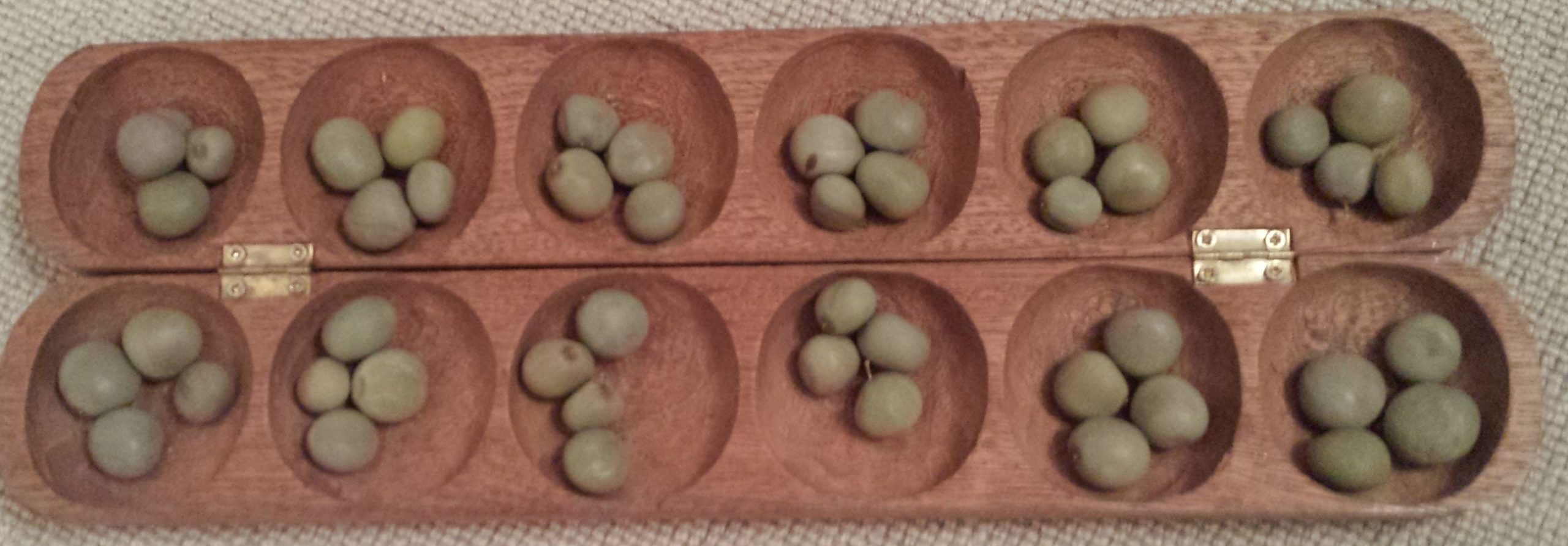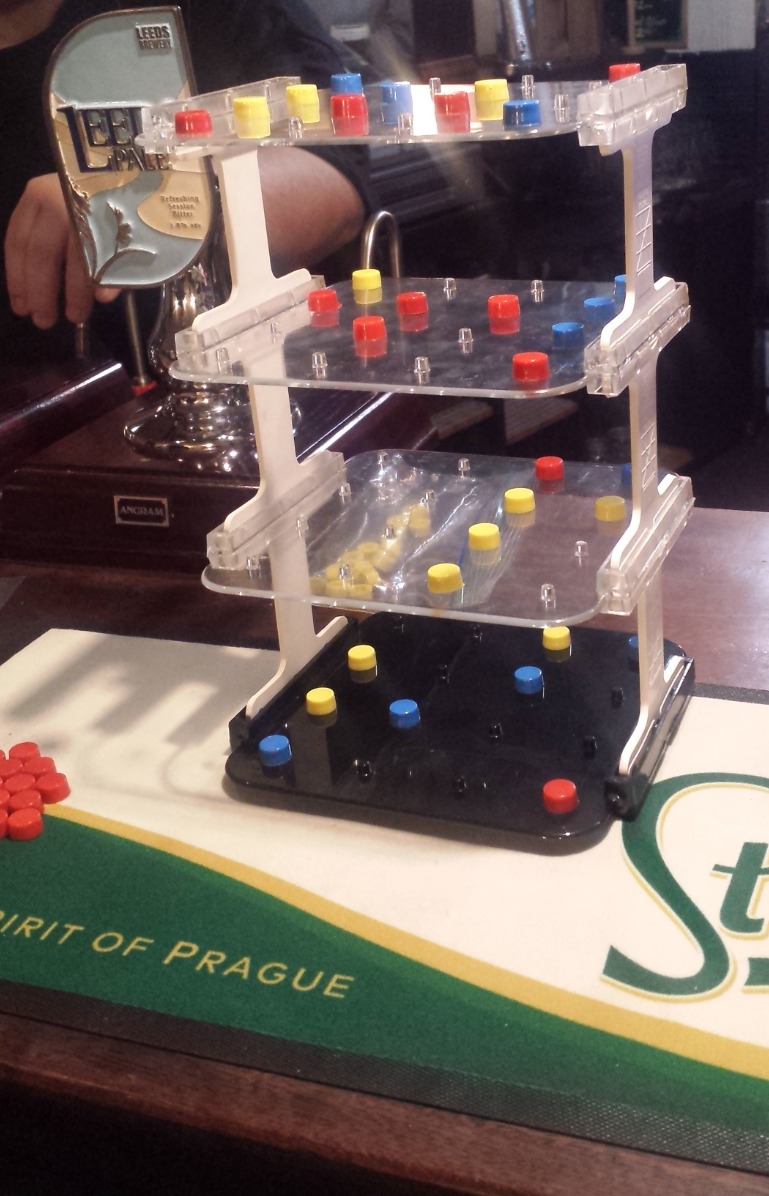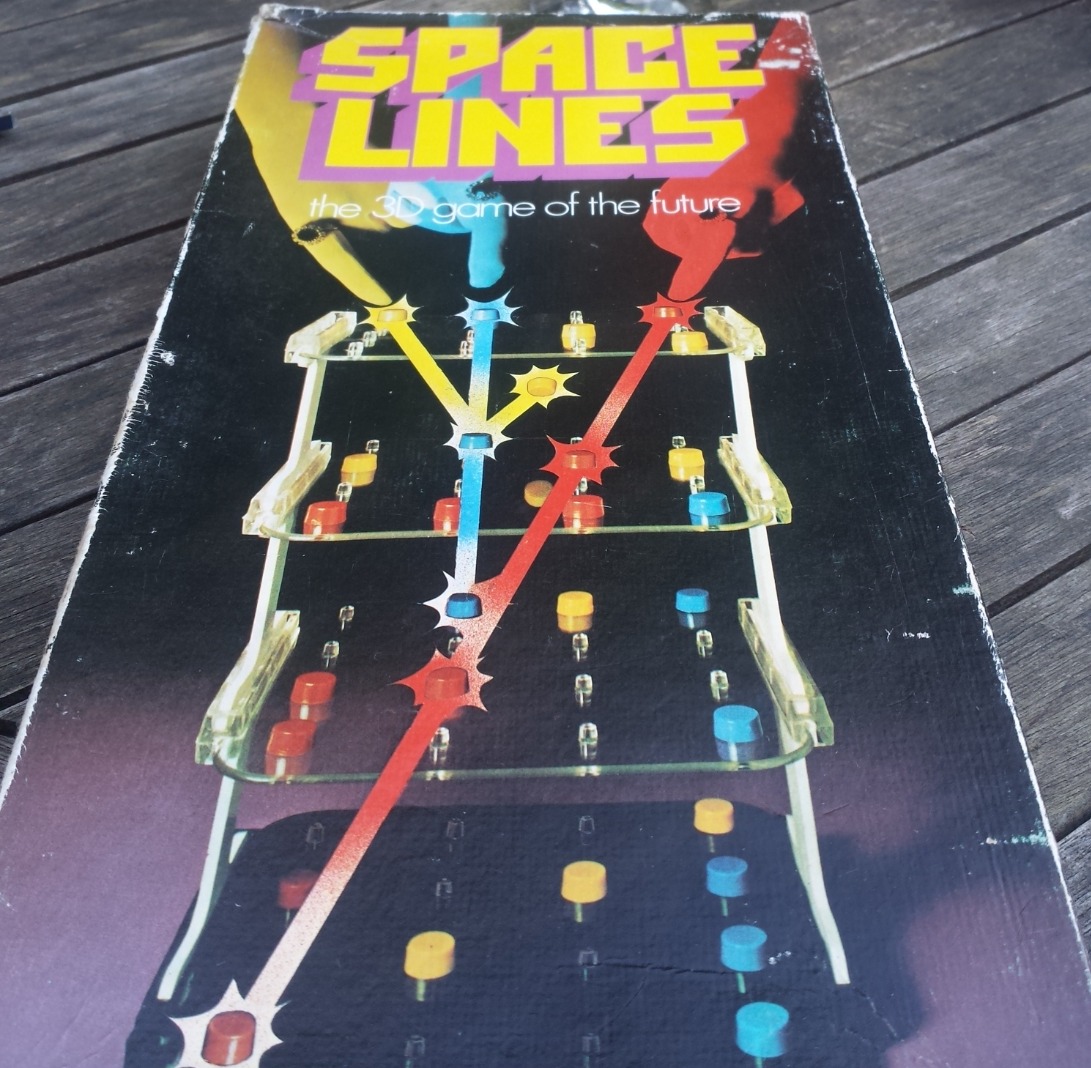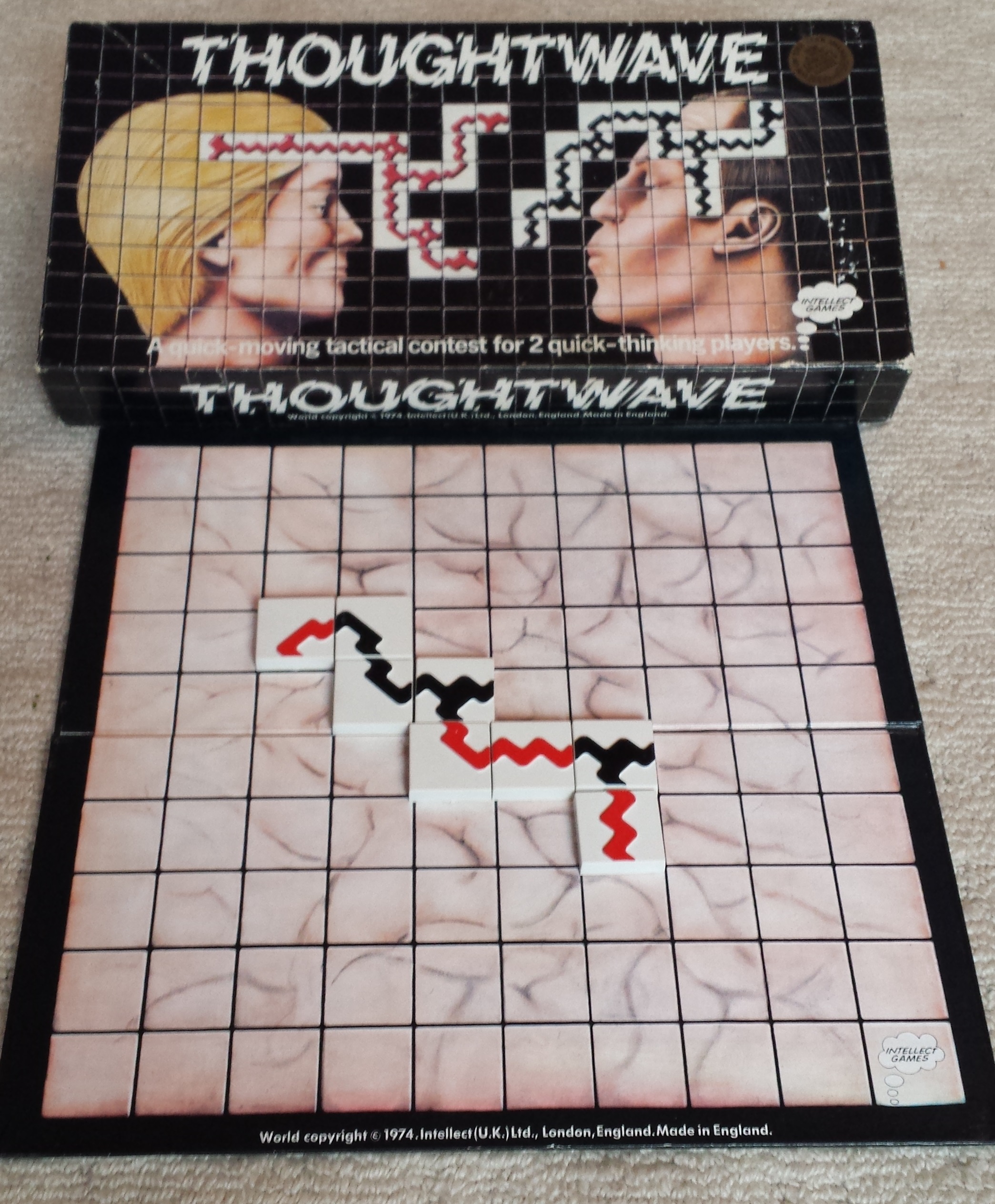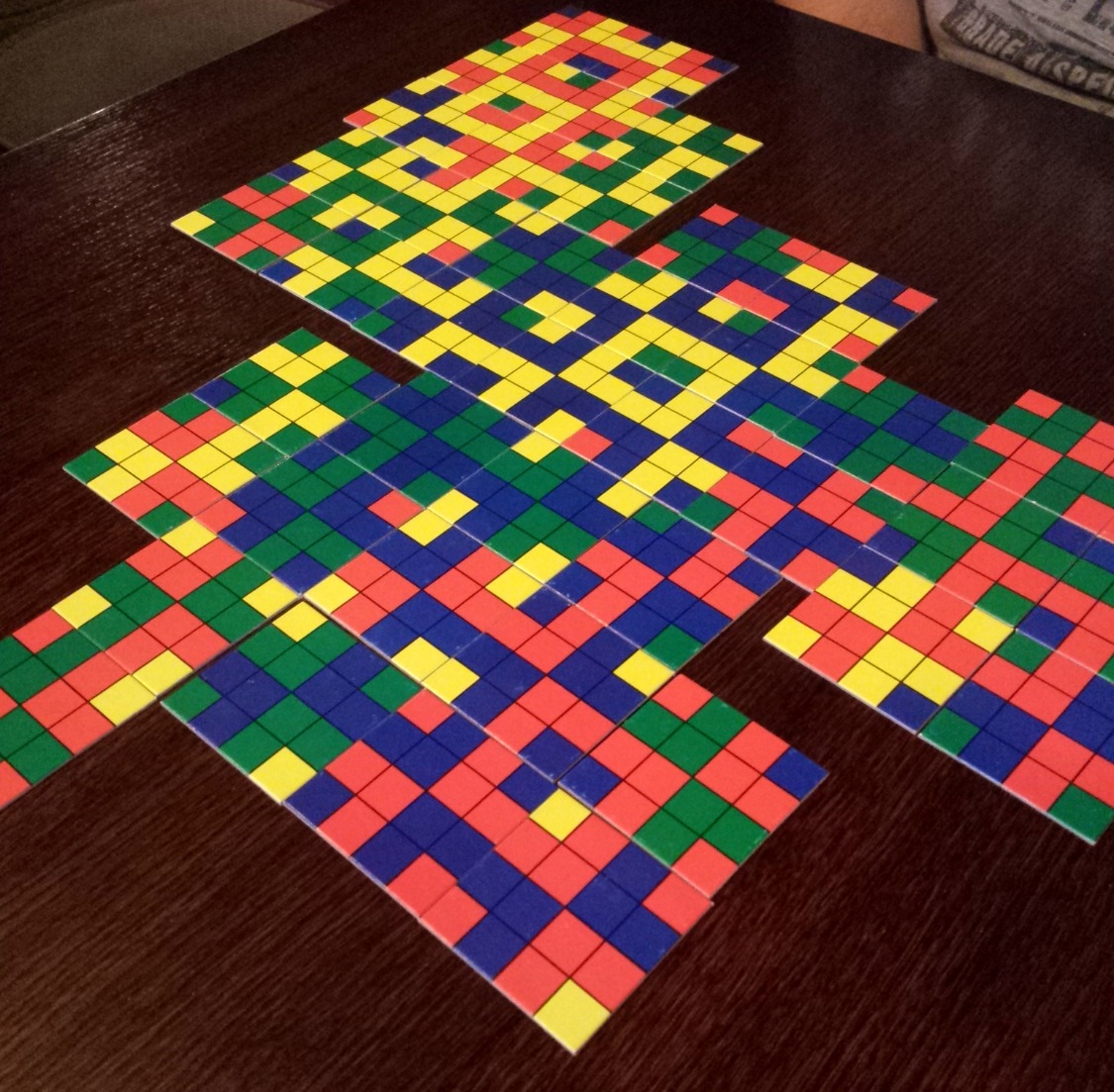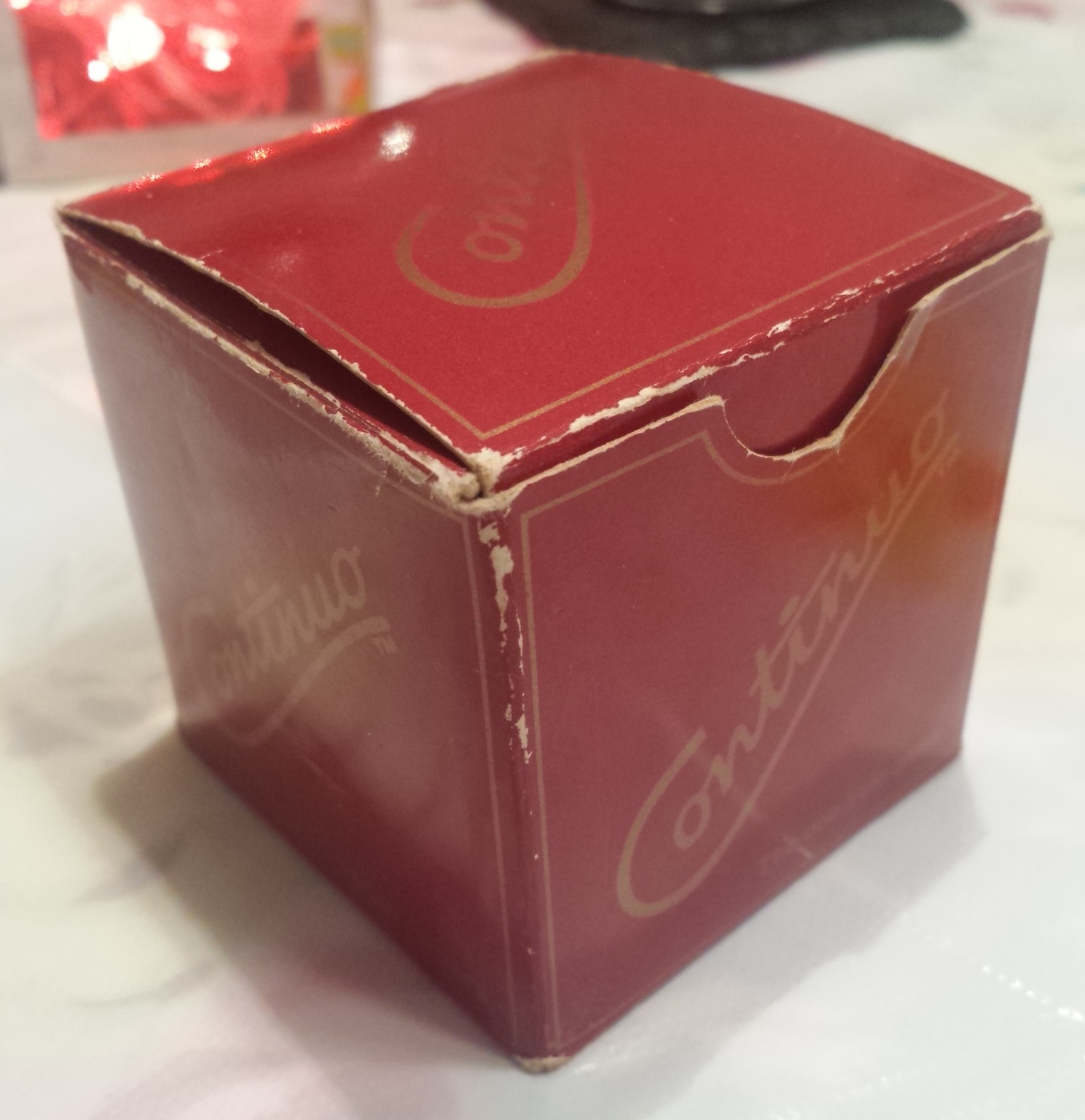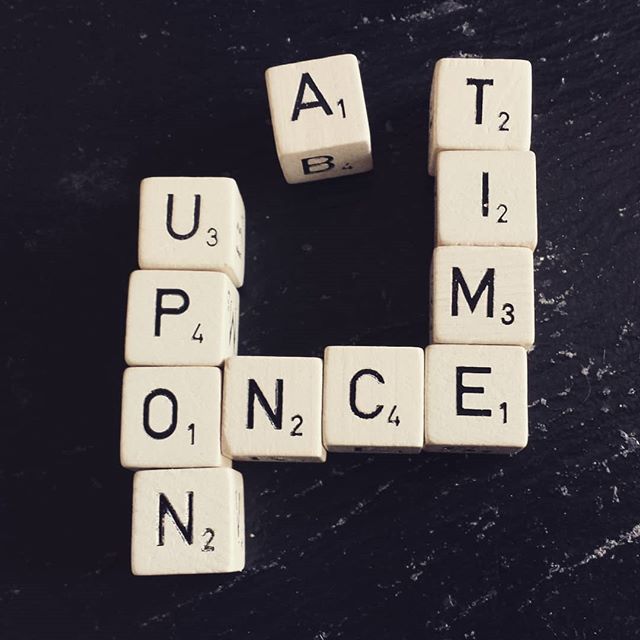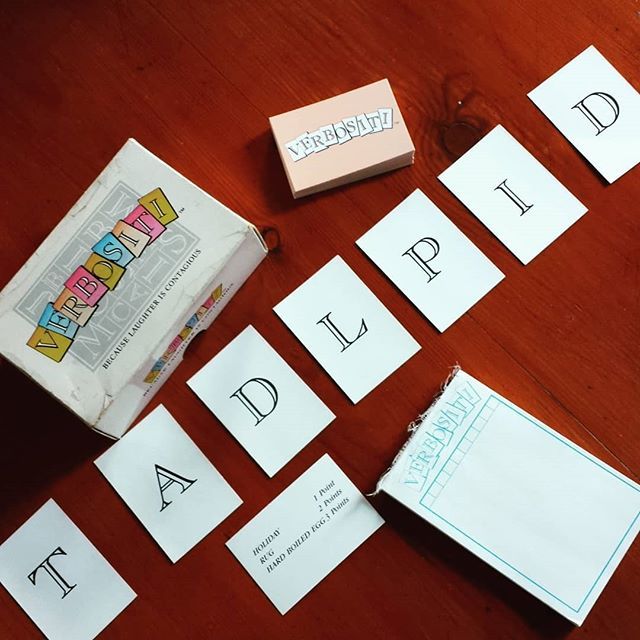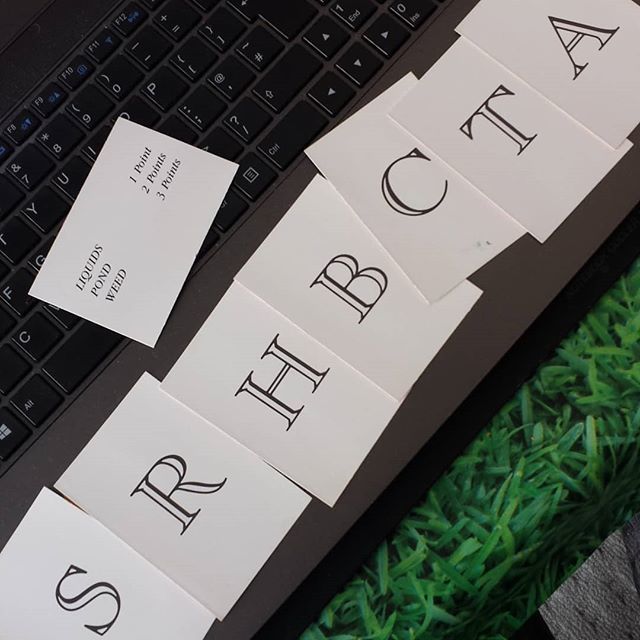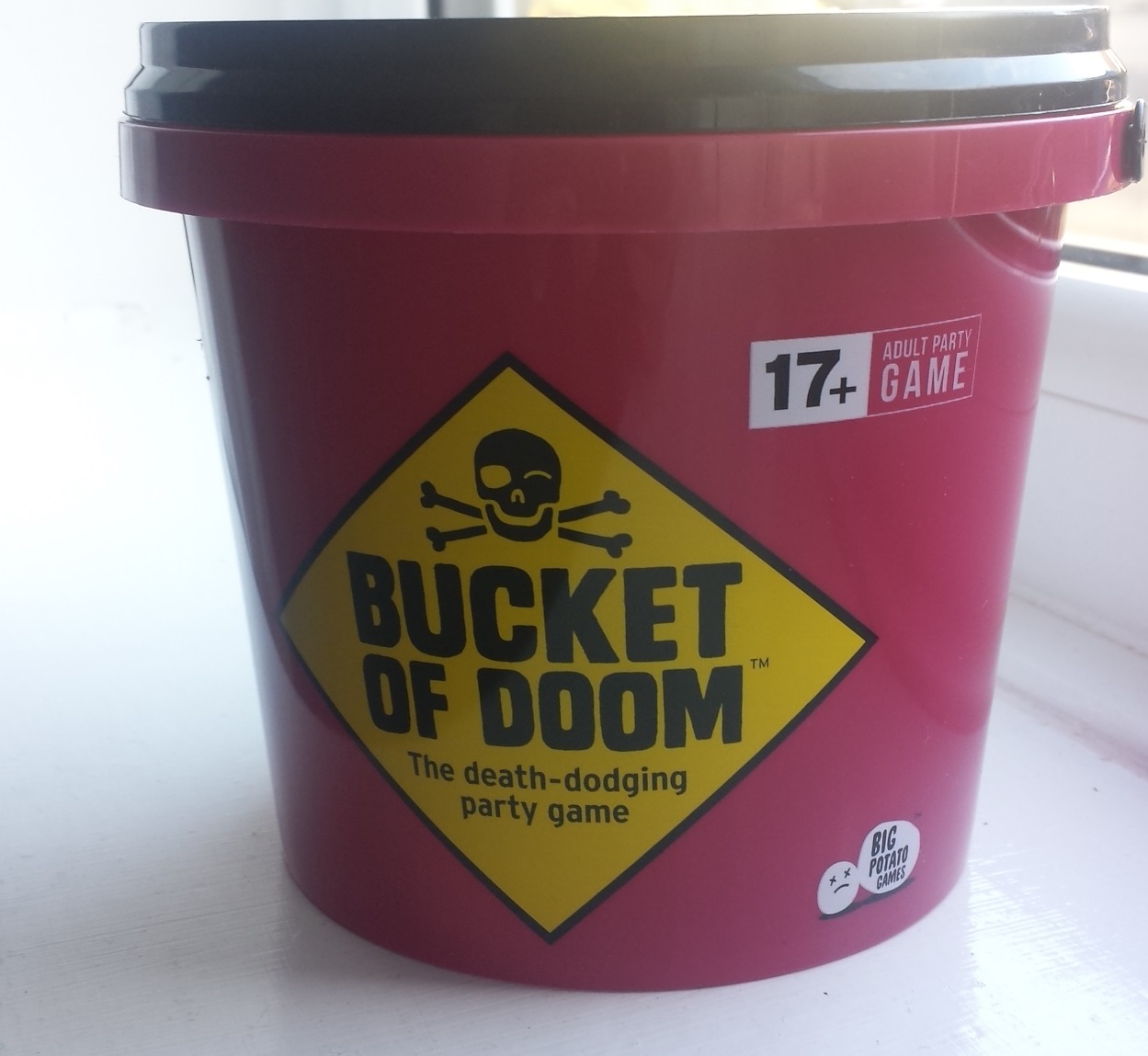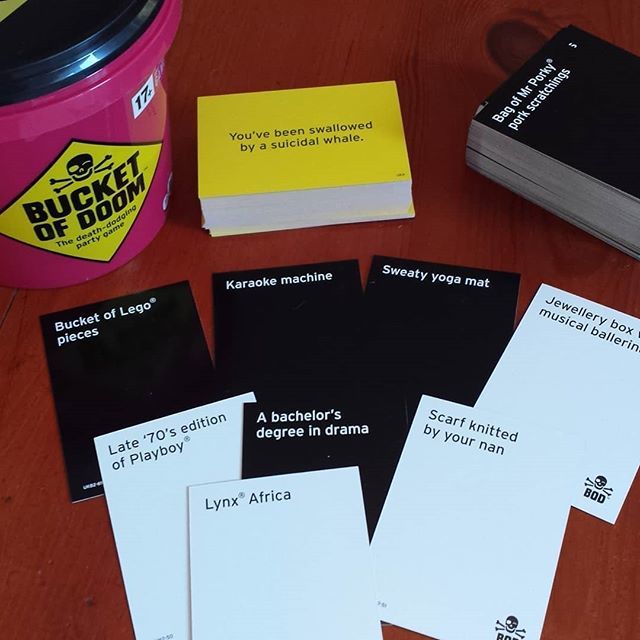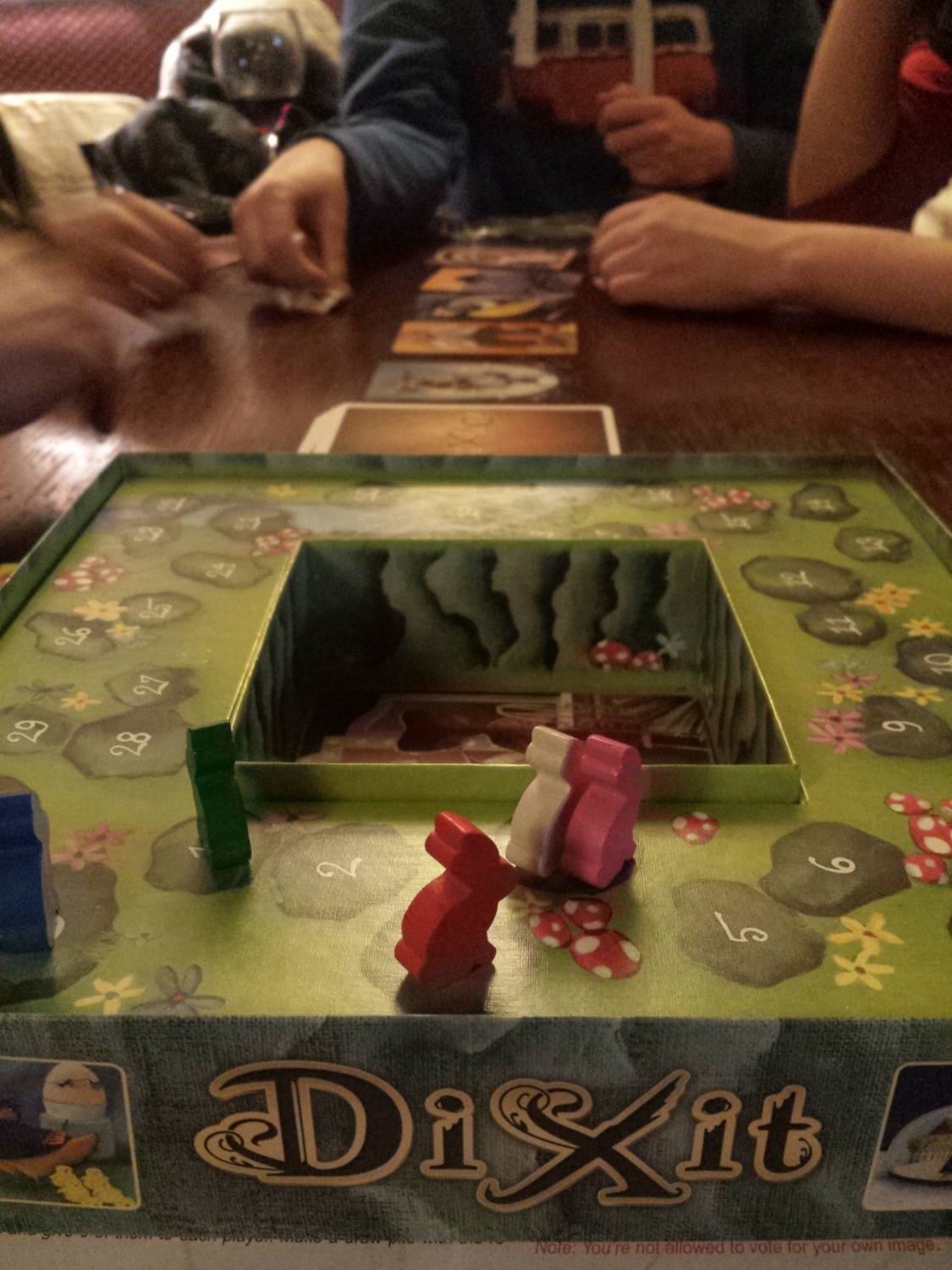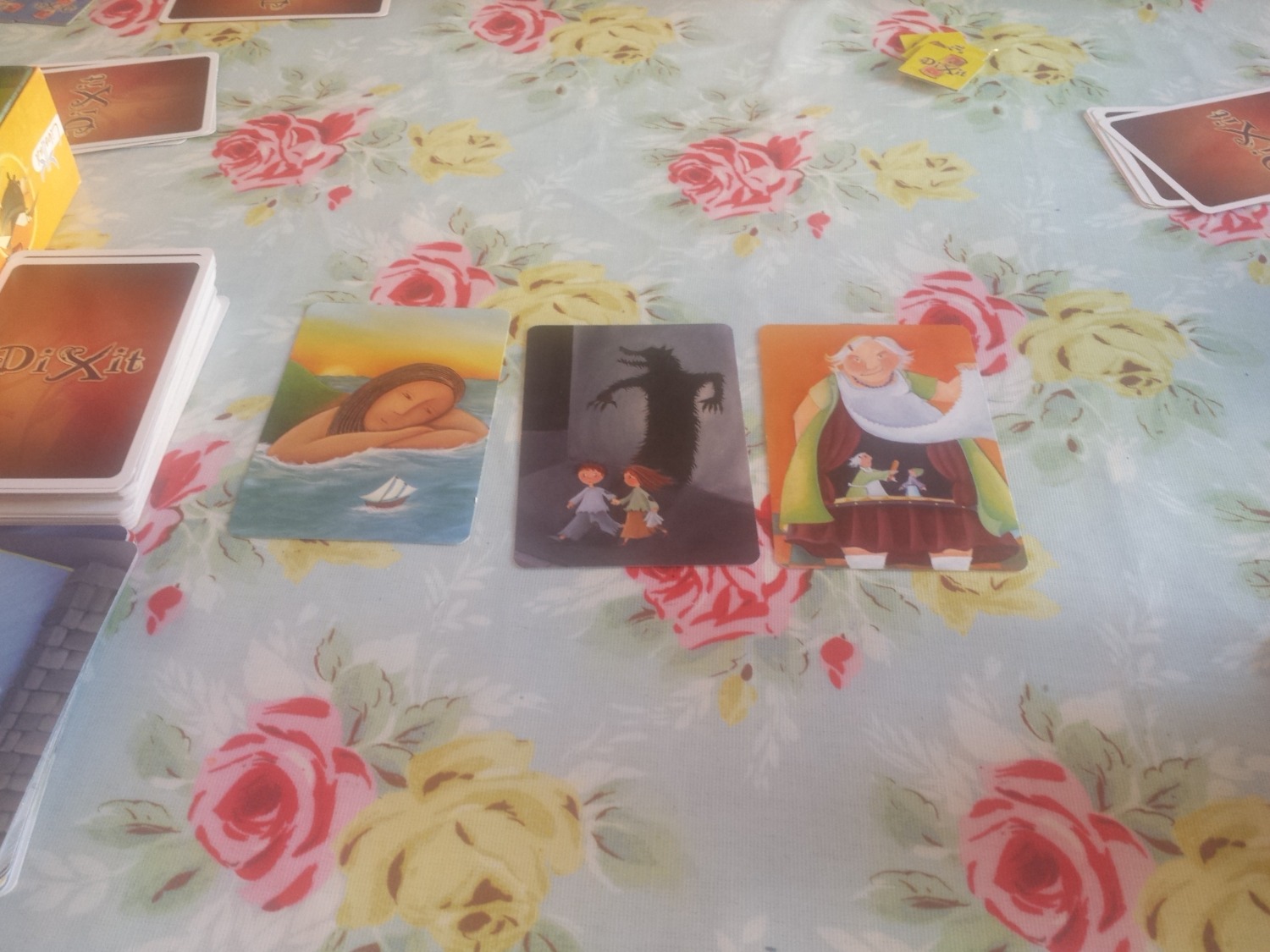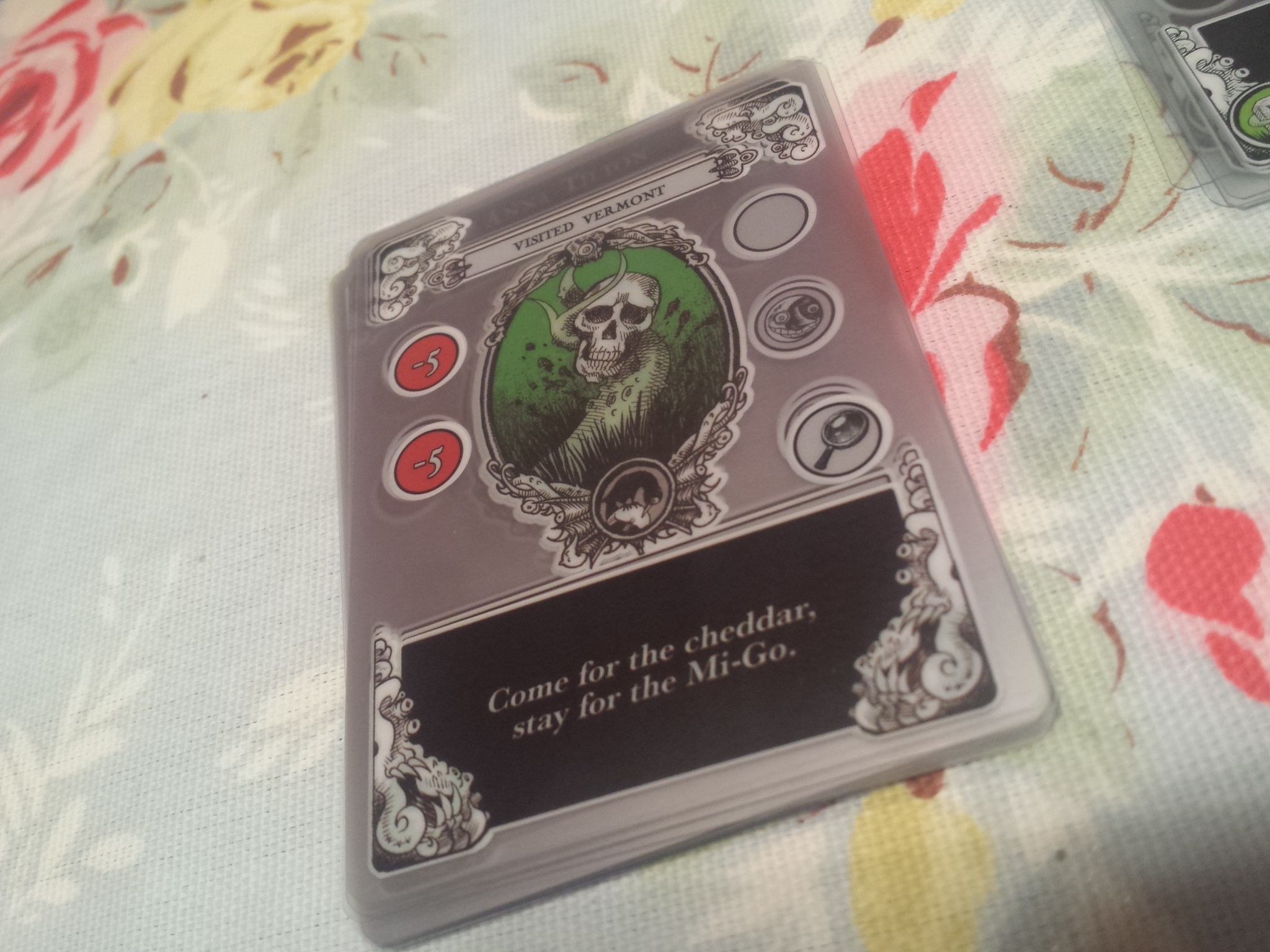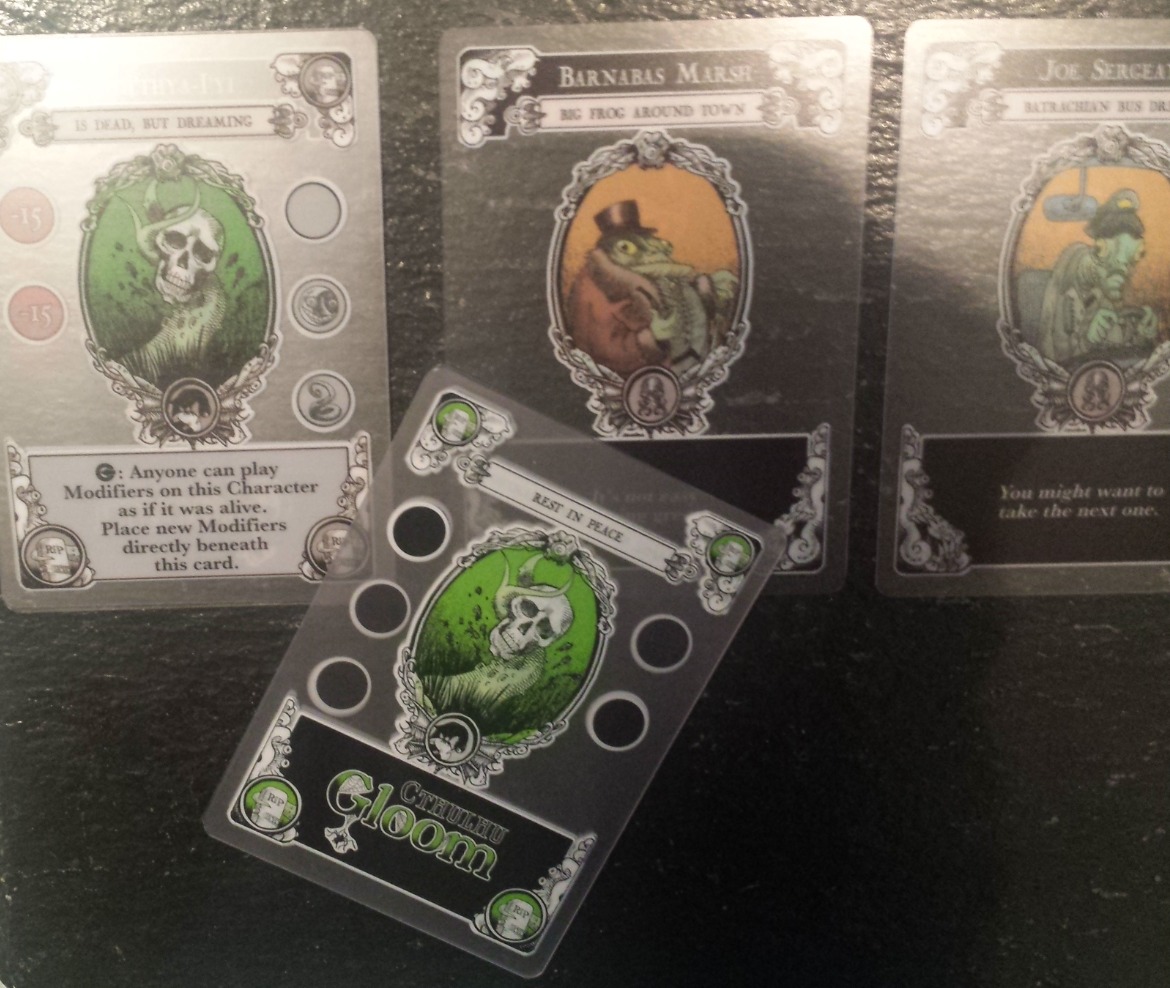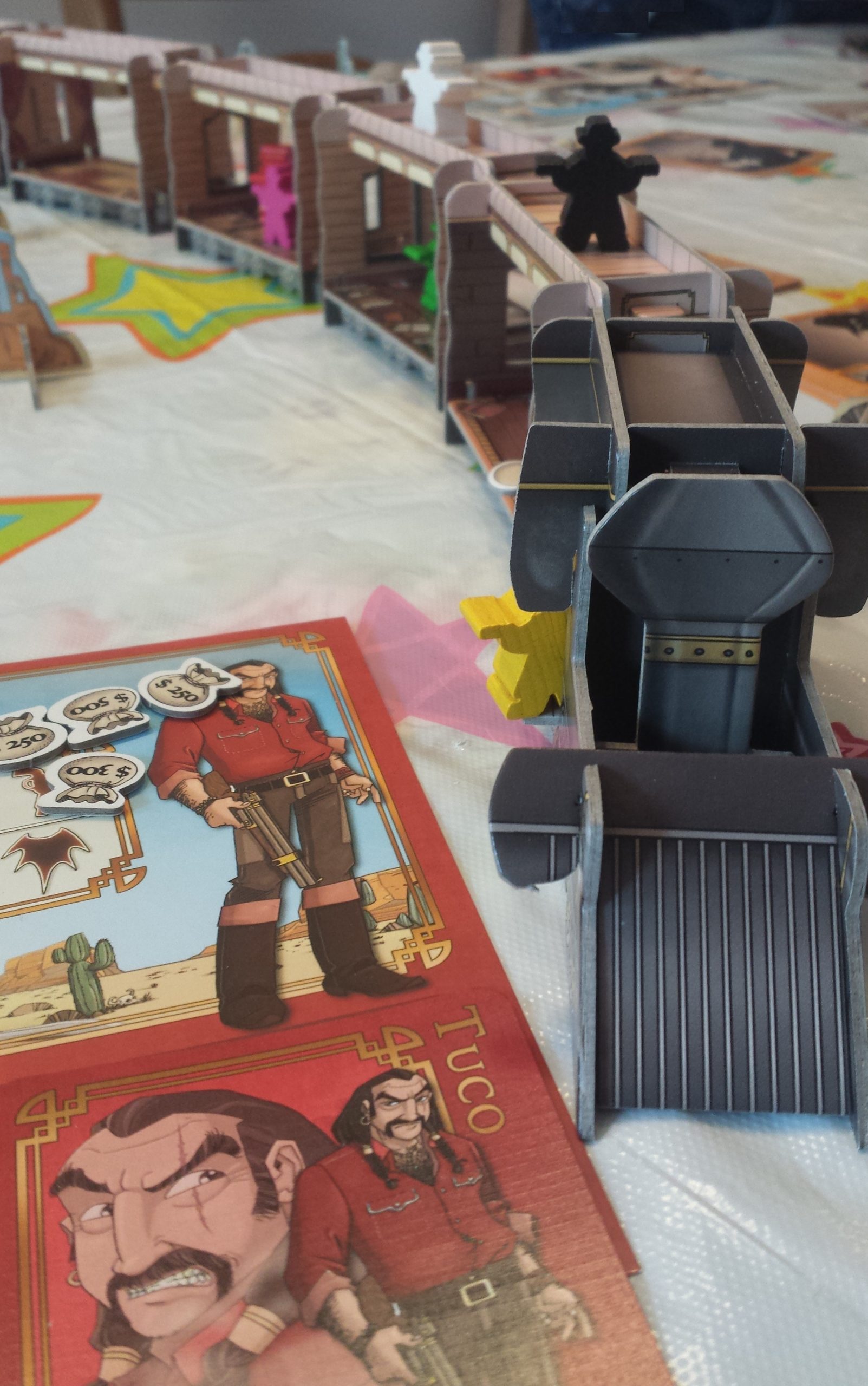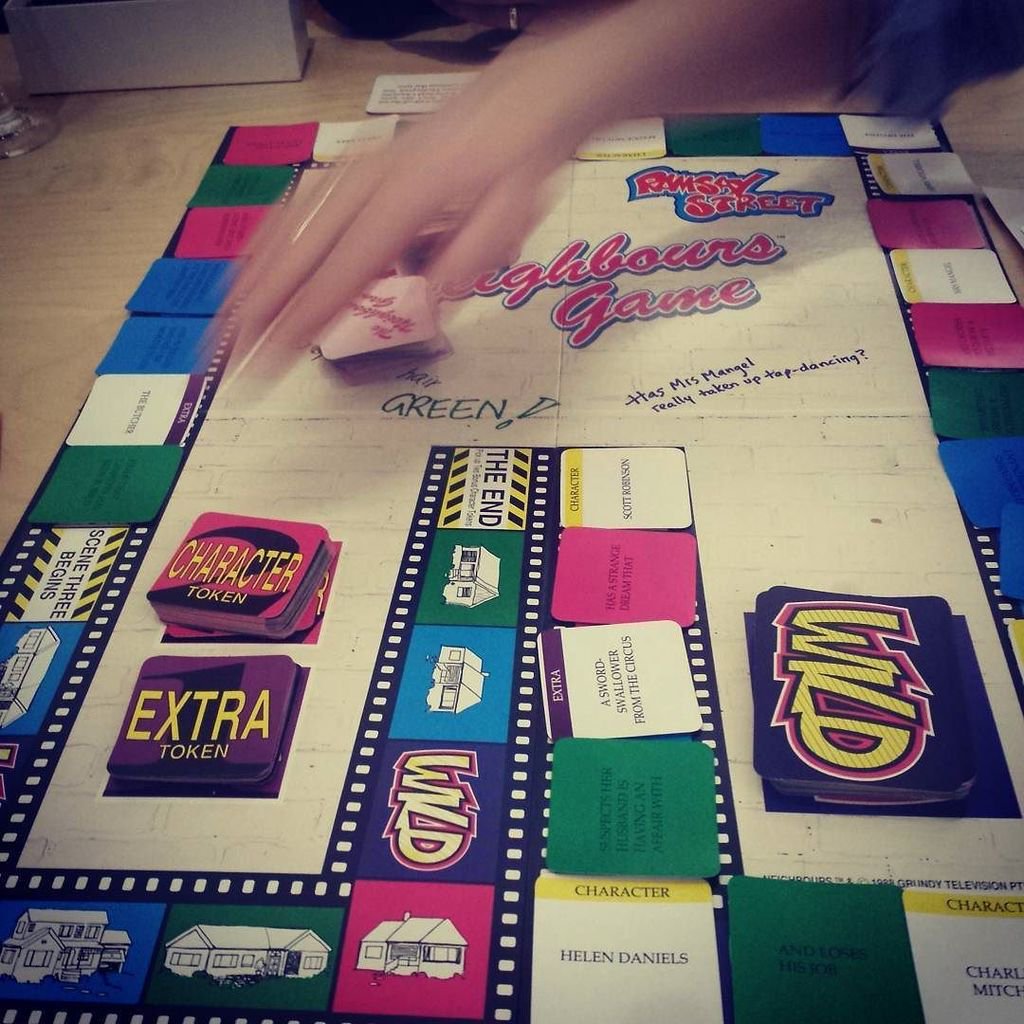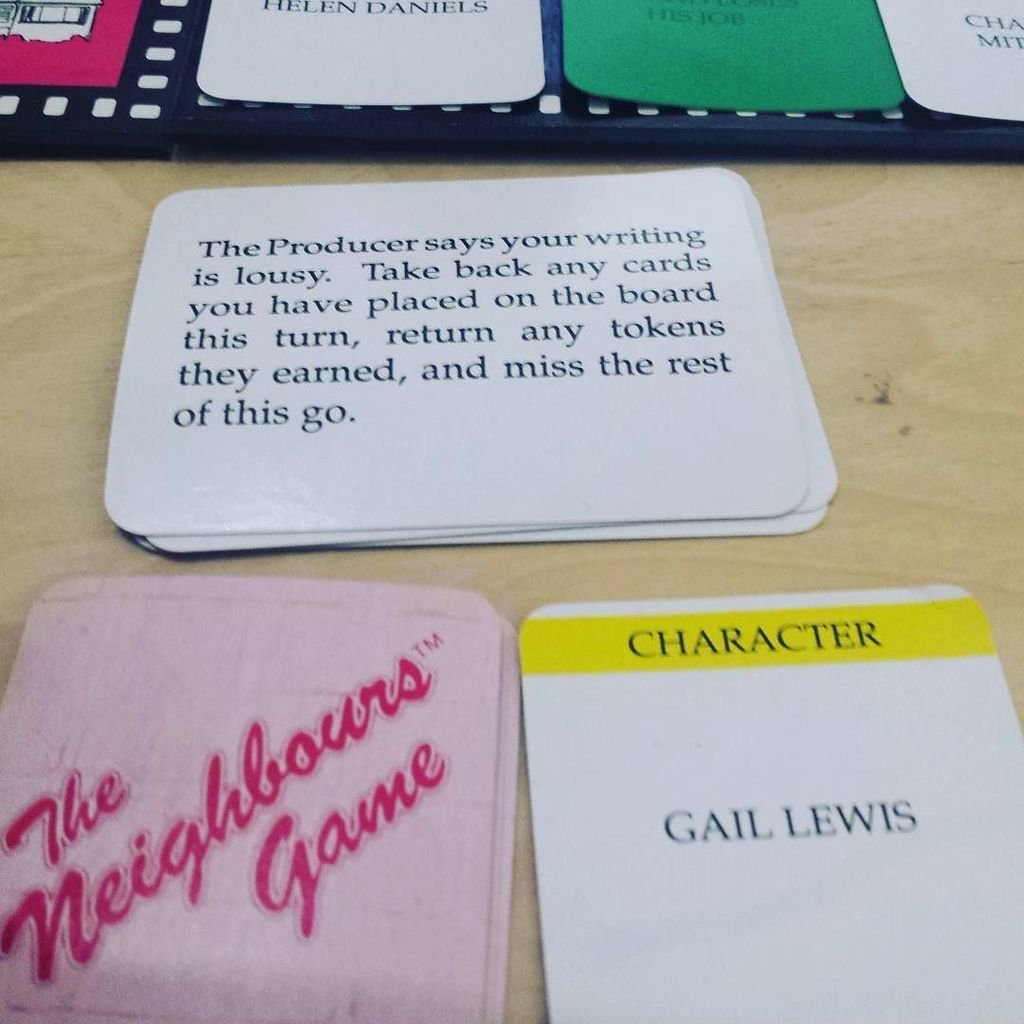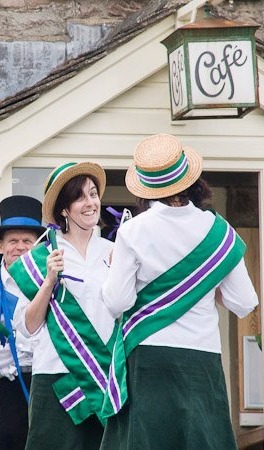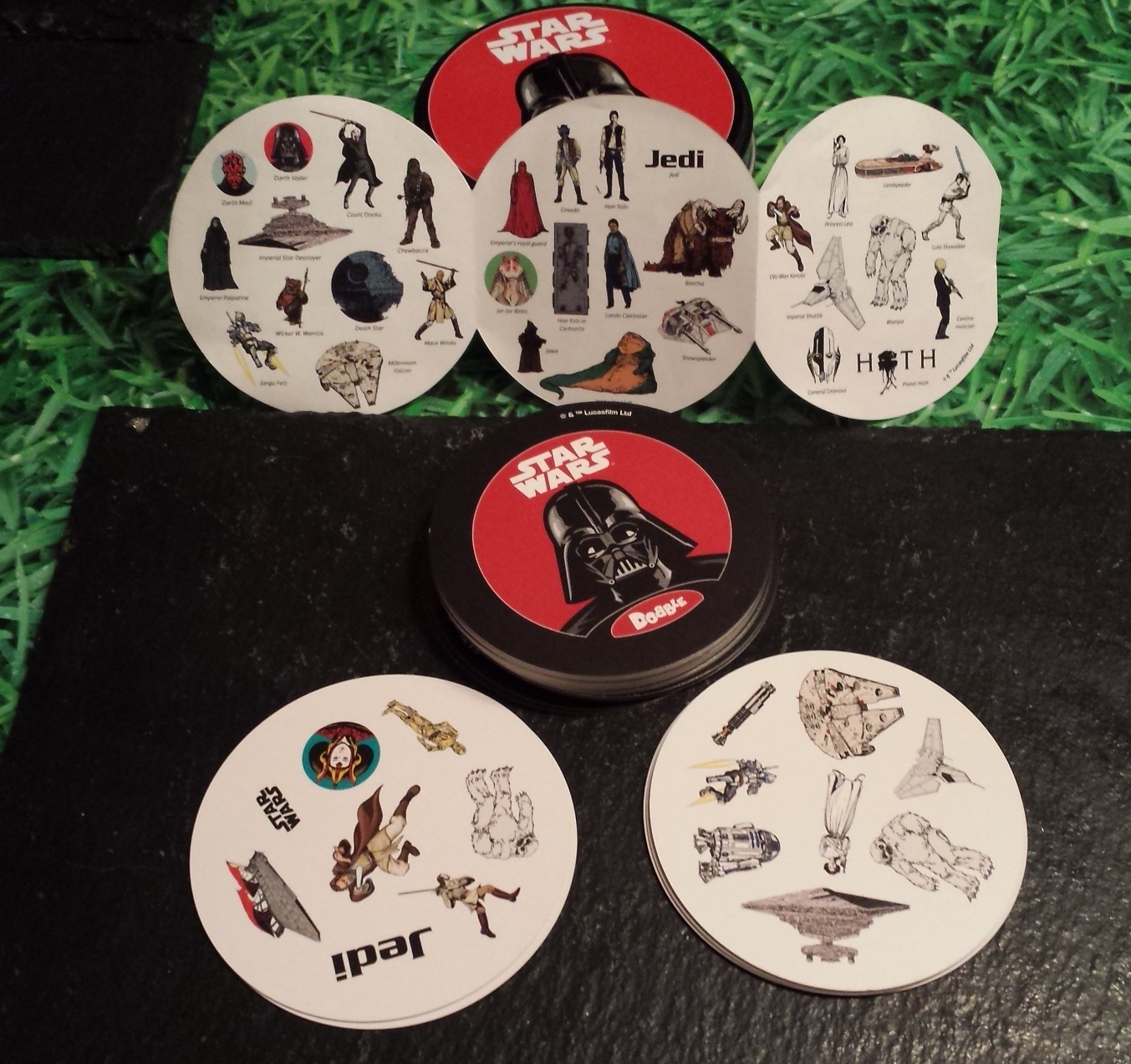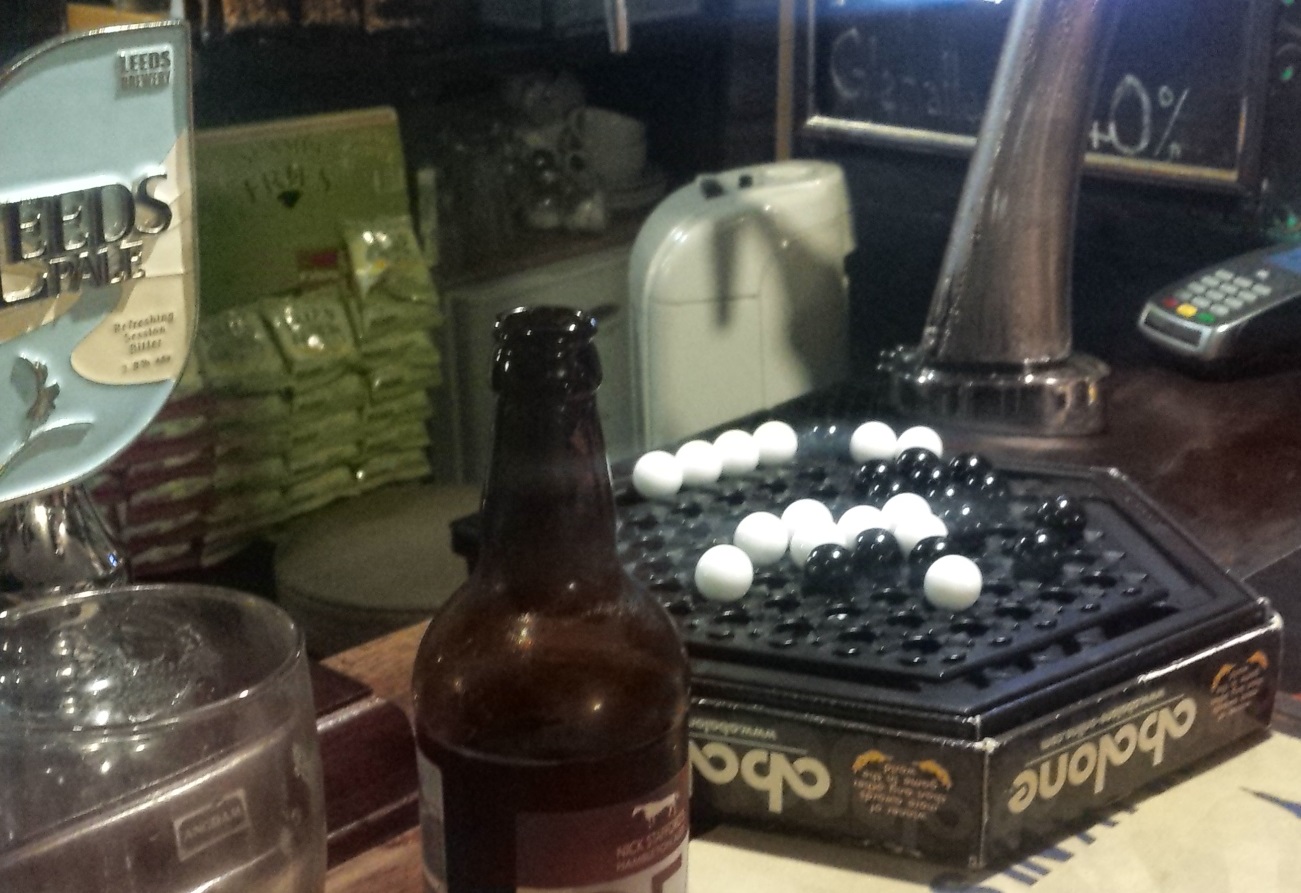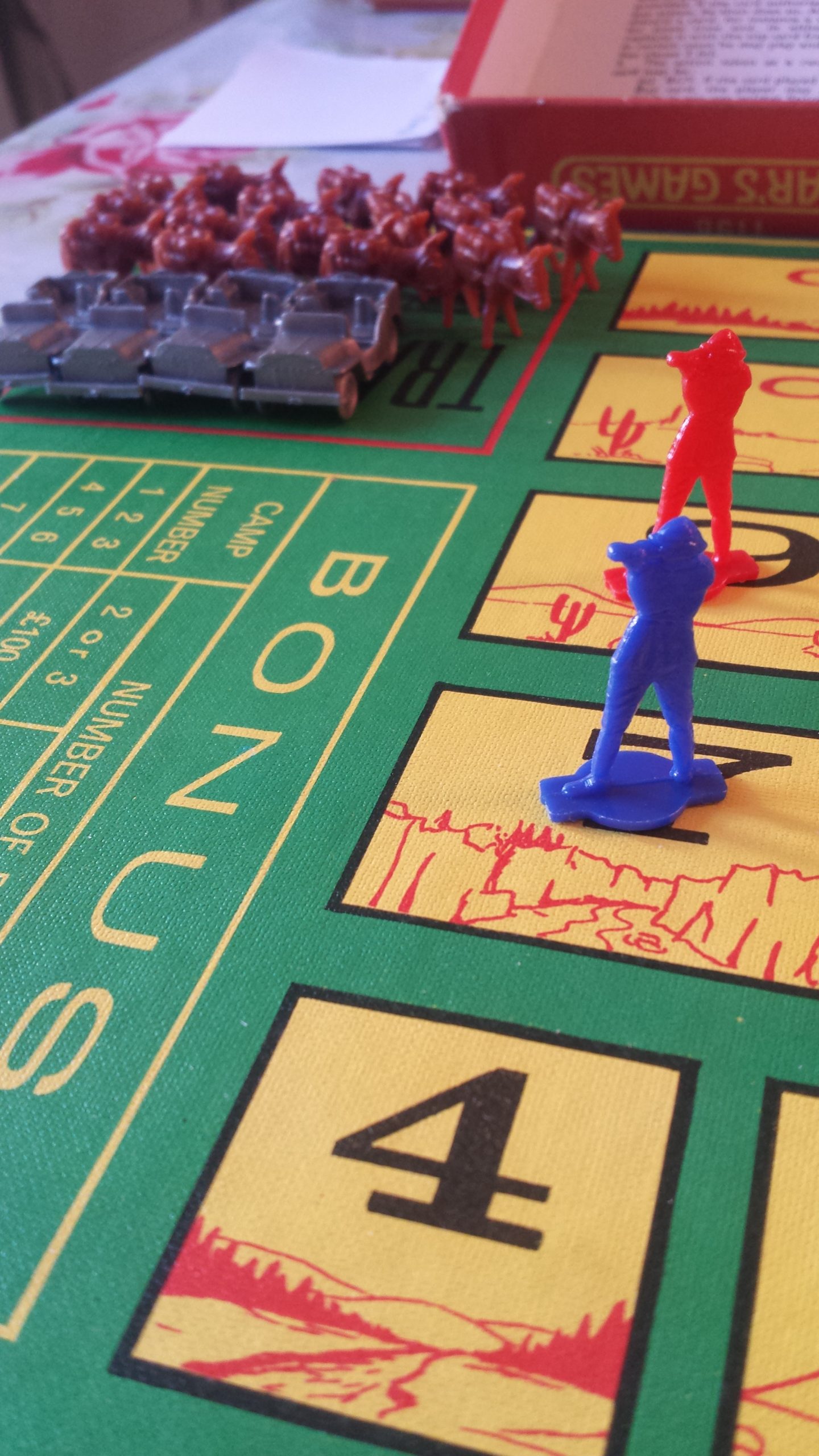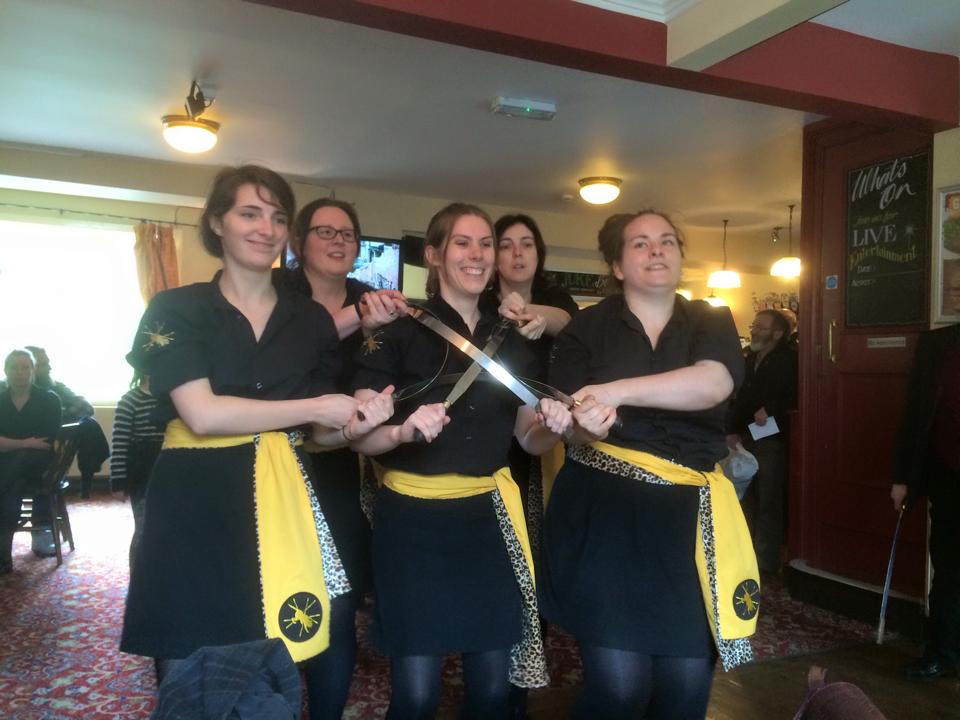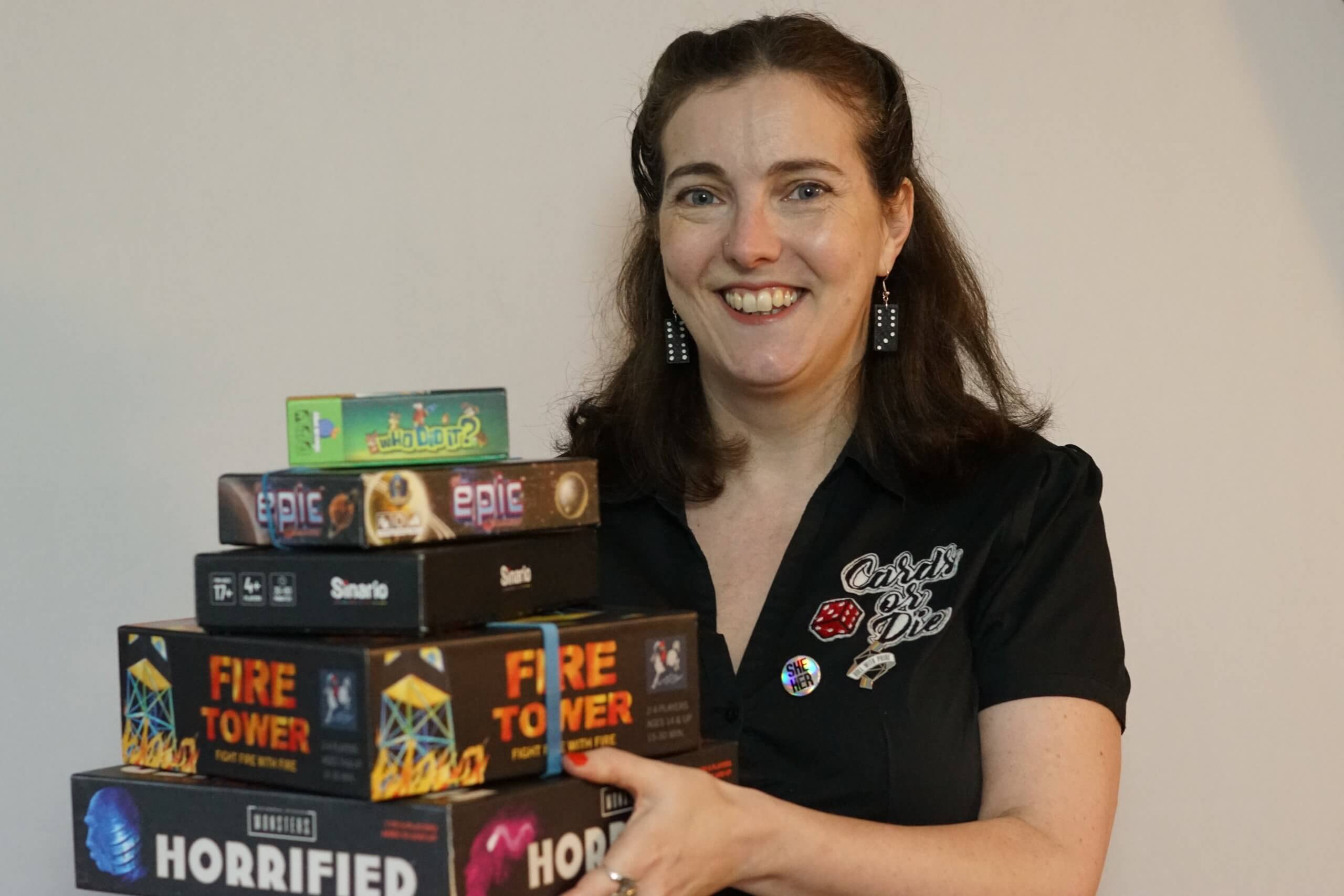On the 7th and 8th July it is The Horsforth Walk of Art. It will be the first year that Cards or Die have taken part and I couldn’t be more excited. Art is a passion of mine; I don’t visit a city without taking in the art gallery. Some of my favourite places are The Yorkshire Sculpture Park (especially the Deer Shelter), the pre-raphaelites section of Birmingham city art gallery and when I lived in York I used to spend a disproportionate amount of time sitting in front of Sea by David Nash. This passion is evident in my board games collection too – I like the confusing beauty of Dixit; the pleasantly tactile Ticket to Ride and the dark comic book brilliance of Gloom. So we’ll be putting up the gazebos and you’ll have full access to the complete Cards or Die collection! In advance of that, I thought I’d preview some of our more overt art games that you can try at any of our events.
Masterpiece – The Classic Art Auction game
1970 Parker Brothers
At the end of the game the winner is the player who has amassed the largest fortune in paintings and cash.
This was one of my sister’s favourite games and it turns out there was a copy in the attic of my parents’ house. At an event last year someone requested it and so, as I do, I kept an eye out for it. I finally found a copy in a charity shop in Derby. Last week, I found a copy in the attic. ‘Oh, didn’t you know that was there?’ said my siblings… Proof that siblings can be annoying even when you’re 43. Anyway, I now have two gorgeous copies of this retro classic. And one of them was free. Perfect.
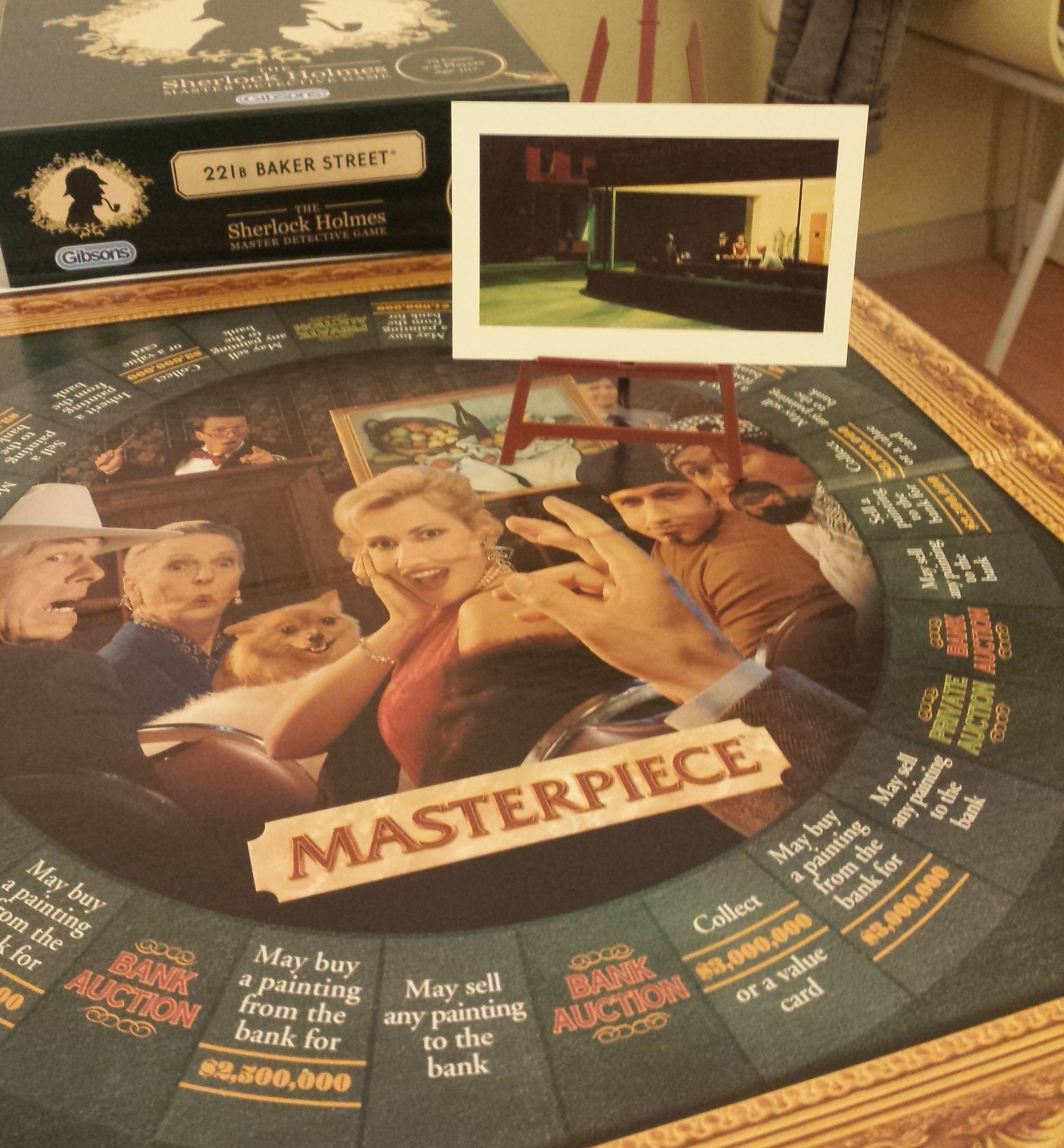
Each player has a value chart and starts with the princely sum of $15million.
You each draw a painting which you display face up in front of you and a value card which you slip under the painting so that no-one can see it.
As you move around the board you complete various actions as you try to add to your starting fortune:
1. Bank Auction – players may bid for the painting displayed on the easel. The highest bidder takes the painting and the top value card. Again, placing the value card under the painting out of sight.
Let’s just pause for a moment to enjoy that… ‘the painting displayed on the easel’. It comes with an easel!! Just me that’s excited..? Ohkay… we’ll move on
2. Private Auction – other players may bid on one of your paintings. Again, the highest bidder wins the painting and the value you had already attached to it. You may also buy from players for a fixed amount.
3. Collect money from the bank or a value card. If you choose a value card you may attach it to the painting of your choice.
4. Buy or sell paintings to the bank.
5. Inherit paintings from the bank vaults.
When the last painting is drawn and the last action completed the game ends and you count up your assets!
Like many retro games the premise is simple but it’s an incredibly enjoyable game. The pleasure of conning friends out of imaginary money for the sake of art is almost like a modern work of art in itself. I imagine Damien Hirst could conjure up some sort of installation depicting this very circumstance.
Face to Face
2009 Alex Beard – Untamed Games
A cubist strategy game, Face to Face requires you to play a tile from your rack that fits the existing pattern and colour. Game pieces match when they are Eye to Nose, or Nose to Mouth, and of the correct colour. You score at the end of each round and the game ends when a player reaches 100 points. Points are scored based on which pieces your opponent has failed to play.
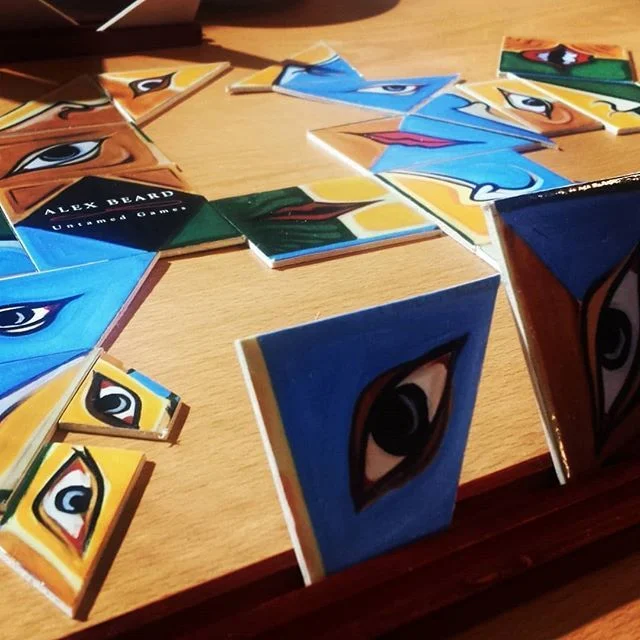
Unfortunately…
Corners have been cut in the design and printing of the game. The components are not well finished and the design as a strategic game is flawed.
There are some design flaws such as the cutting of the tiles which has left some pieces with extra edges of the wrong colour that you just have to ignore.
The tile racks are flimsy and don’t stay upright. They aren’t big enough or strong enough to hold the 11 starting pieces you need. This means that you can’t keep your hand concealed from your opponent. A definite issue if the game is strategic.
As new pieces are drawn from a face down pile and the pieces vary in size and shape, you are able to select pieces which are more likely to fit in the available shapes and spaces on the board. This diminishes the strategic element of the game.
The restrictions on piece placement mean that the game is reliant on you drawing enough nose pieces and it ends up feeling protracted and imbalanced.
On the plus side…
It is an unusual set of game pieces and I mean that in a positive way. The cubist art on them is quirky and effective. The fact that they are varied shapes and sizes is perfect for creating ‘unique cubist compositions’ as it boasts on the box. It seems such a shame to just bin this game off when we could be enjoying the theme of it. You can persevere with the original rules making adjustments to scoring, for example playing to 50 instead of 100. But we decided we would take house rules to another level:
1. Deal out 12 pieces per person face down.
2. Simultaneously all players reveal their pieces.
3. Start building cubist faces. Each face must have: a nose, a mouth and 2 eyes.
Pieces that touch another piece must be matched by colour.
4. When you have used all the pieces that you can, draw 3 more.
5. When the last piece is drawn the winner is the person with the most complete faces.
However you choose to play it’s fun to make cubist faces!
Picture This
1993 Spears Games
A potentially hilarious mixture of Pictionary and Charades. I say hilarious… equally you could discover that you have the miming skills of Picasso and the drawing abilities of Lionel Blair. Anything could happen! ‘Picture This’ requires you to roll 2 dice. One die dictates whether you mime, draw or choose between them, while the second die determines the category. Categories such as wind instruments, poets and childhood ailments test your skills and your wits!
You create your works of art or your small scale theatrical performances in the allotted time and your team gains points by correctly identifying the category.
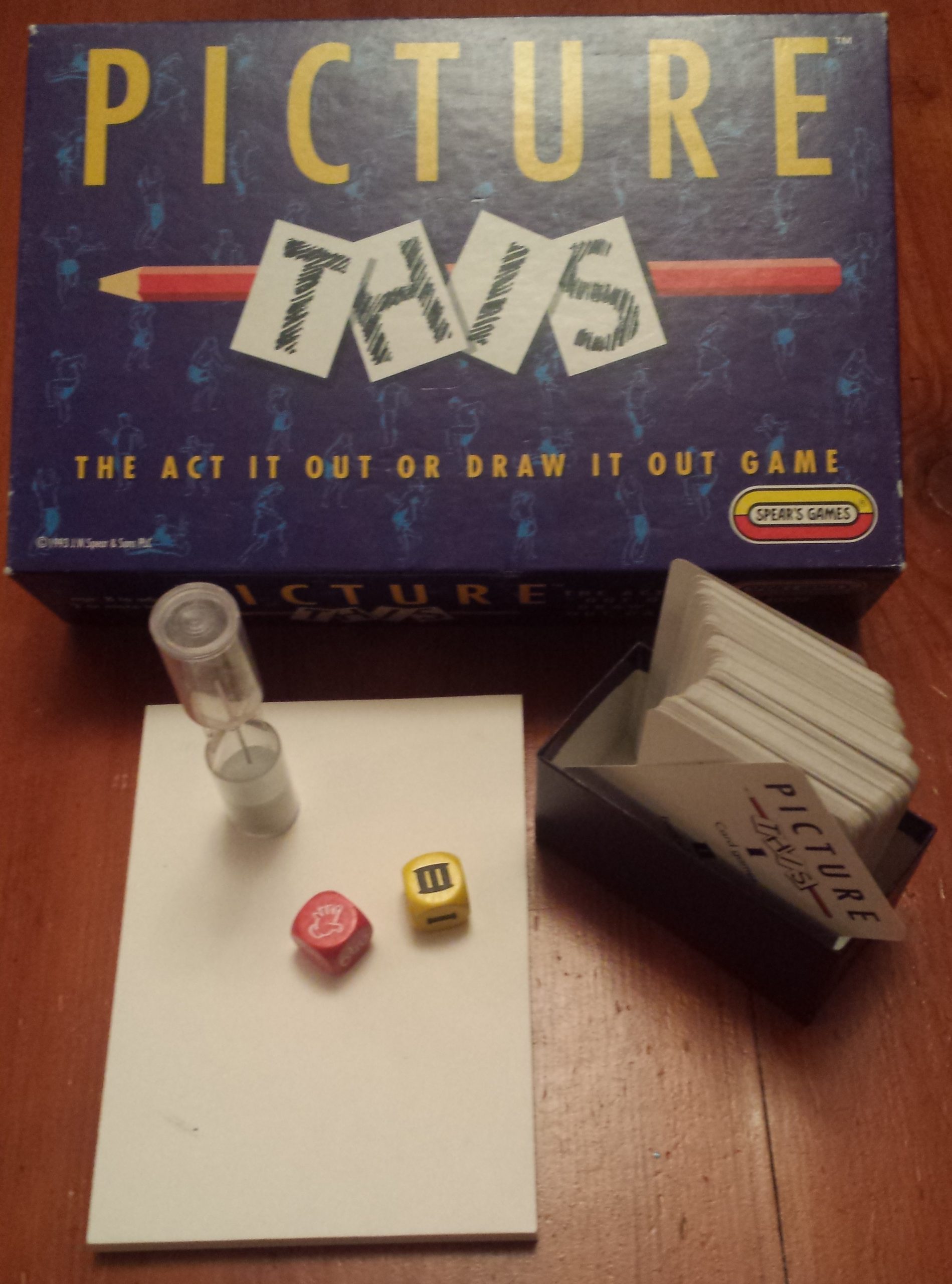
Pictionary
An MB classic from 2000.
The family game of quick-draw!
Sketch the words that appear on the cards for your teammates to identify. In the time honoured tradition of hilarious games which are improved only by playing them in the pub, you are against the sand timer. So whether you are sketching contact lenses, a relay race or big cheese – you must render your masterpiece quickly and expertly if you are to triumph.
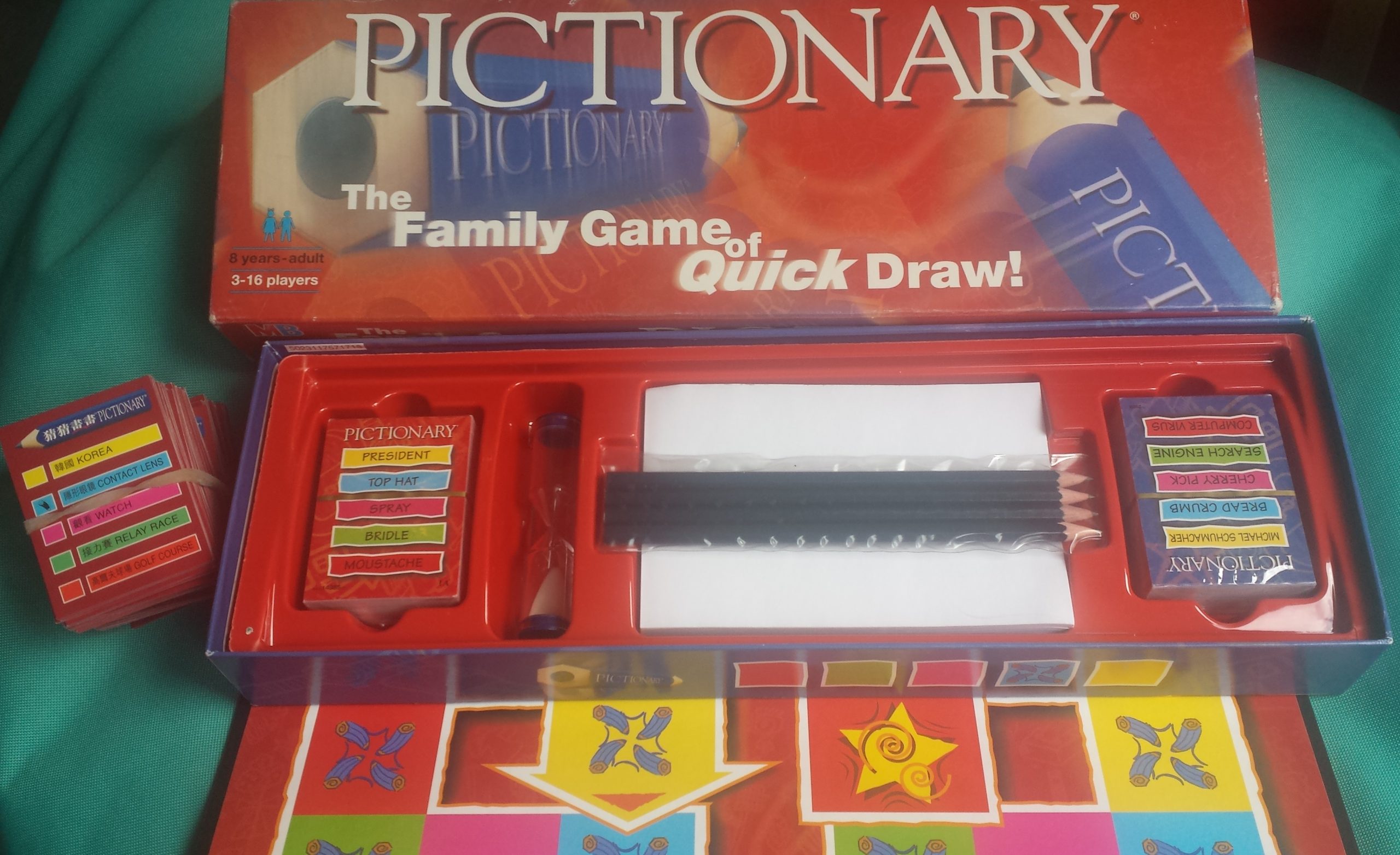
So, whether you want to create your own masterpiece or try your luck at the auction house, come and visit us on the walk of art – or anytime and have a go!
